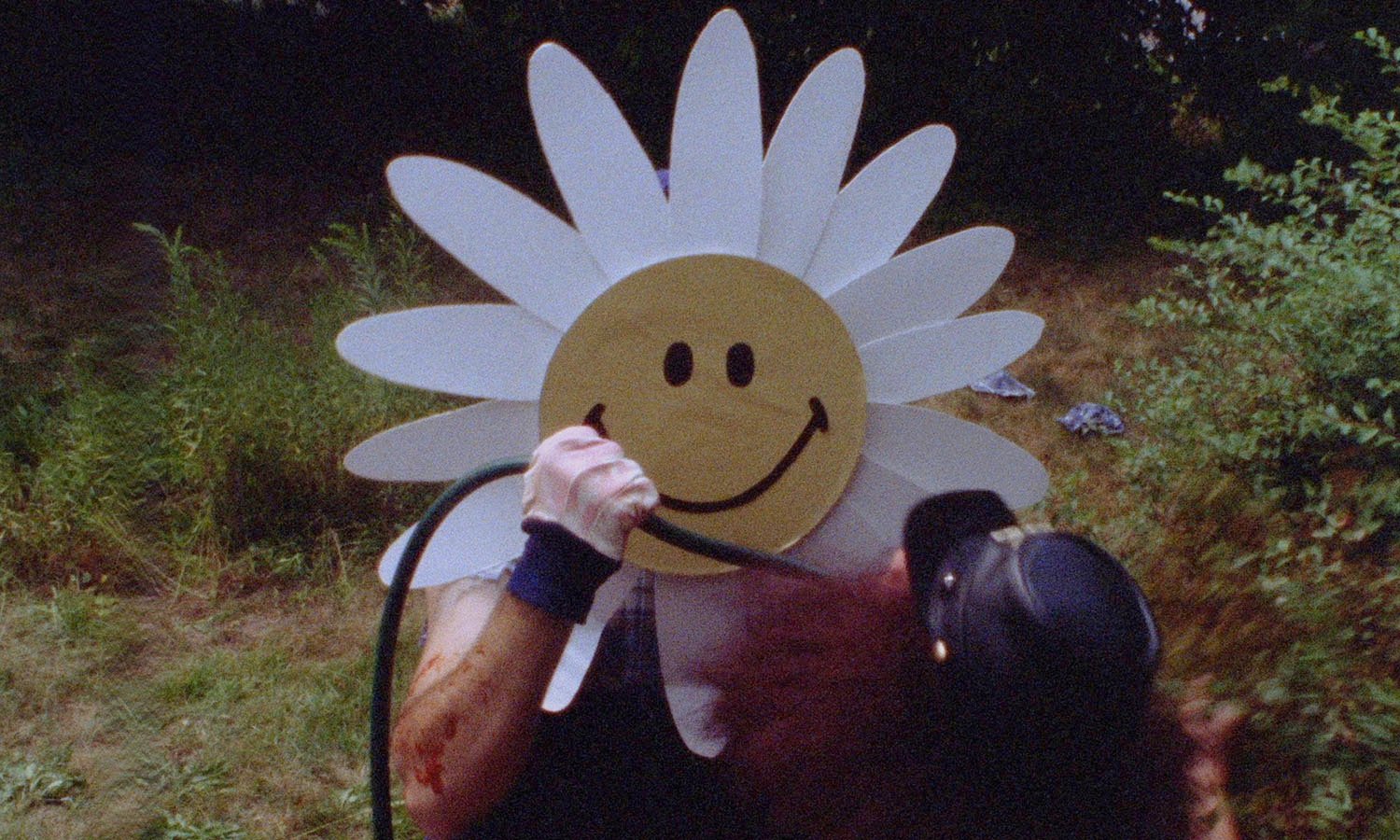’28 Years Later’ Review – Danny Boyle & Alex Garland Launch New Trilogy with Epic Journey
Since escaping the lab in 28 Days Later, the rage virus decimated the British mainland and forced survivors to fend for themselves for nearly three decades in 28 Years Later. That presents fertile ground to mine scares and social commentary, and director Danny Boyle and screenwriter Alex Garland haven’t lost a step since collaborating on […] The post ’28 Years Later’ Review – Danny Boyle & Alex Garland Launch New Trilogy with Epic Journey appeared first on Bloody Disgusting!.
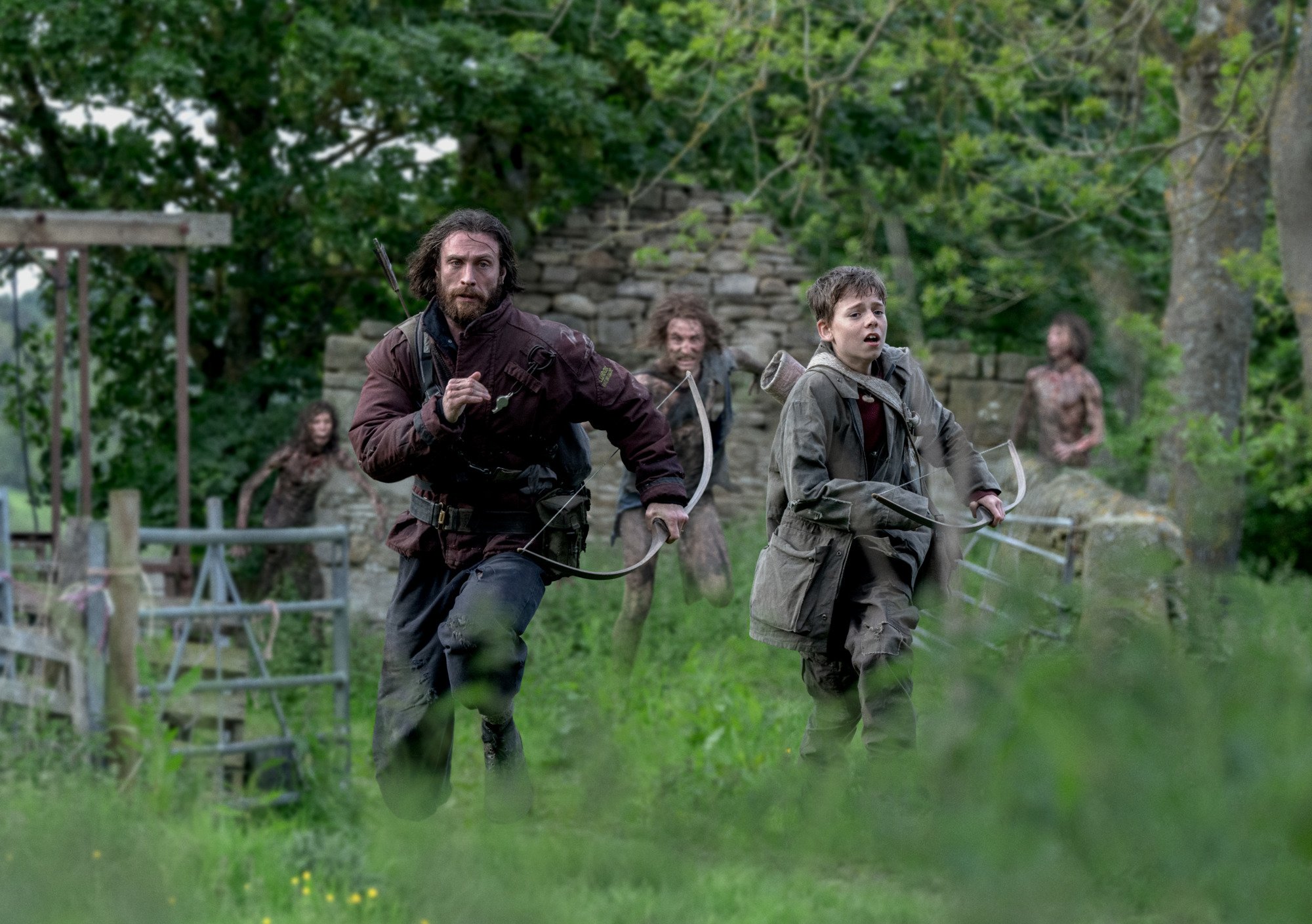
Since escaping the lab in 28 Days Later, the rage virus decimated the British mainland and forced survivors to fend for themselves for nearly three decades in 28 Years Later. That presents fertile ground to mine scares and social commentary, and director Danny Boyle and screenwriter Alex Garland haven’t lost a step since collaborating on their highly influential early aughts horror movie. The pair build on 28 Days Later with groundbreaking new techniques, rich worldbuilding, and dense themes – this trilogy starter has a lot on its mind – anchored by a tremendous cast to guide viewers on an epic, emotional coming-of-age journey.
28 Years Later introduces a quarantined UK largely forgotten by the outside world, with its survivors having forged new communities and simplified ways of life post-outbreak. That includes Holy Island, a small island community protected by a causeway to the mainland that only emerges during low tide.
We’re introduced to this village right as young Spike (newcomer Alfie Williams) is preparing to embark on a rite of passage with gregarious dad Jamie (Aaron Taylor-Johnson), heading to the mainland proper to kill his first infected. Venturing away from his sheltered existence would be enough to induce anxiety, but Spike and Jamie are also contending with the mysterious illness of family matriarch Isla (Jodie Comer). Both will irrevocably alter Spike’s trajectory as he leaves the safety of Holy Island’s gates for the first time.

Jamie (Aaron Taylor-Johnson) and his son Spike (Alfie Williams) in Columbia Pictures’ 28 YEARS LATER.
Spike’s fresh eyes make for the perfect audience proxy for reacclimating to the virus-ravaged setting as his doting dad shows him the ropes. Williams’ doe-eyed curiosity, relatable skittishness, and inherent kindness earn instant rooting interest as a child being forced to grow up too early, all while Dad provides a crash course navigating some of this world’s harsher edges.
That includes the infected, who have evolved in surprising ways. Boyle kicks this planned trilogy off with a sensory assault. Rapid cuts, a punishing soundscape, and immersive camerawork that employs a variety of techniques, including strapping cameras and iPhones to actors, ensure that even those desensitized to the fast-moving infected will find themselves on edge from the director’s skillful means of evoking nail-biting danger.
It’s even in the way that Boyle frames his shots, utilizing negative space to leave his characters vulnerable and open for attack. Boyle’s direction may largely be responsible for keeping audiences on their toes, but it’s also in the mutations that have altered the infected themselves. Boyle and Garland push the gore and violence further, leading to fascinating developments.
However, the infected are merely part of the equation in Spike’s coming-of-age story that touches on everything from Brexit to the inevitability of death.

Dr. Kelson (Ralph Fiennes) and Isla (Jodie Comer) in Columbia Pictures’ 28 YEARS LATER. Photo Credit: Sony Pictures/Miya Mizuno
As with 28 Days Later, it’s complex characters that deftly usher us through visceral chases, harrowing escapes, and explosive set pieces. Williams makes for a remarkable young lead, portraying a teen grappling with the realization that his dad isn’t an infallible hero but a flawed human. It exposes the film’s true beating heart, Spike’s bond with mom Isla, taking his journey on unexpected detours that eventually slow the frenetic horror to a soulful rumination on death itself.
Boyle and Garland once again disregard rules with a third act that’s more healing and triumphant than action-heavy. And Ralph Fiennes‘ brief supporting role, at least so far, injects an affecting level of empathy and pathos that not only brings Spike’s thematic arc to its fitting end but lays the groundwork for what’s yet to come.
Boyle and Garland seamlessly integrate intimate, nuanced storytelling with epic-sized scale, one with deeply personal yet perilously high stakes. In a post-Covid world, 28 Years Later has a lot on its mind about human connection, generational divides, and even the concept of rage itself as it manifests from survivor trauma. It’s made all the more complicated by a complex family unit struggling to get by in a world that’s largely abandoned them. Spike’s bravery in venturing into the harrowing wilds in a world where death is certain makes for a powerful new entry, one with bravura filmmaking and savage horror. 28 Years Later covers quite a bit of ground, not all of it neatly, but it does so with breathless style and impeccable craftsmanship.
That 28 Years Later begins a new trilogy means that while Spike’s story is largely self-contained, not everything receives tidy resolution by film’s end. That’s okay, because Boyle & Garland once again introduce characters we want to spend more time with, even when they break our hearts. This riveting blend of horror and heart also reminds that death, horror’s favorite equalizer, can be as beautiful as it can be cruel.
28 Years Later brings the rage virus back to theaters June 20.

The post ’28 Years Later’ Review – Danny Boyle & Alex Garland Launch New Trilogy with Epic Journey appeared first on Bloody Disgusting!.




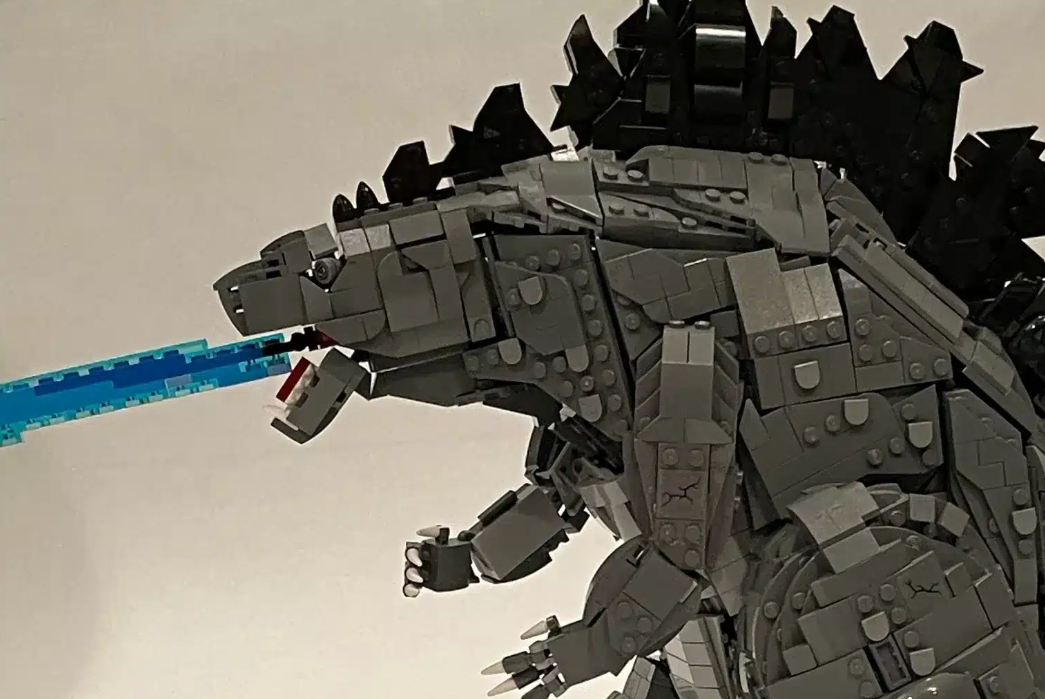
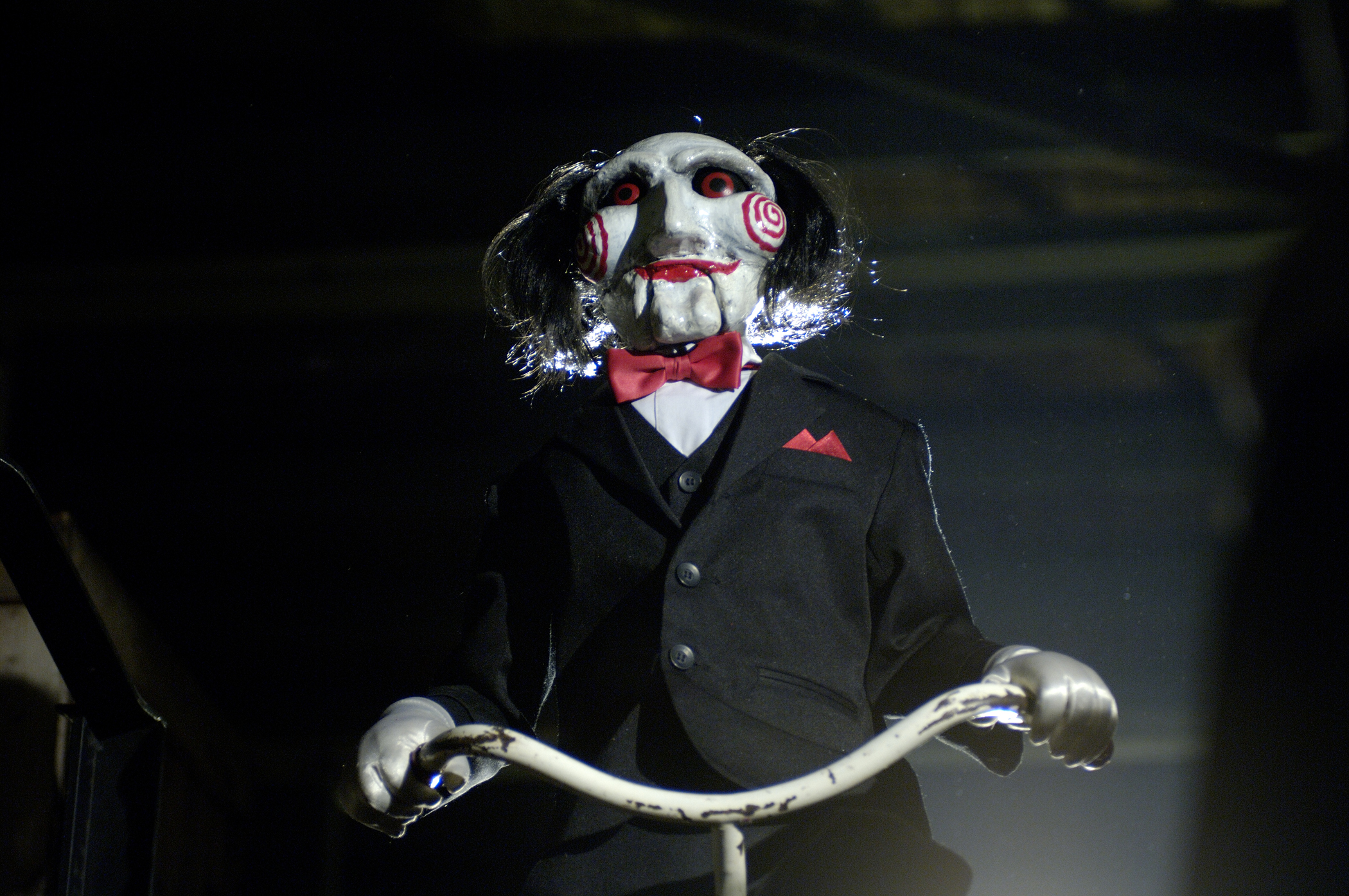
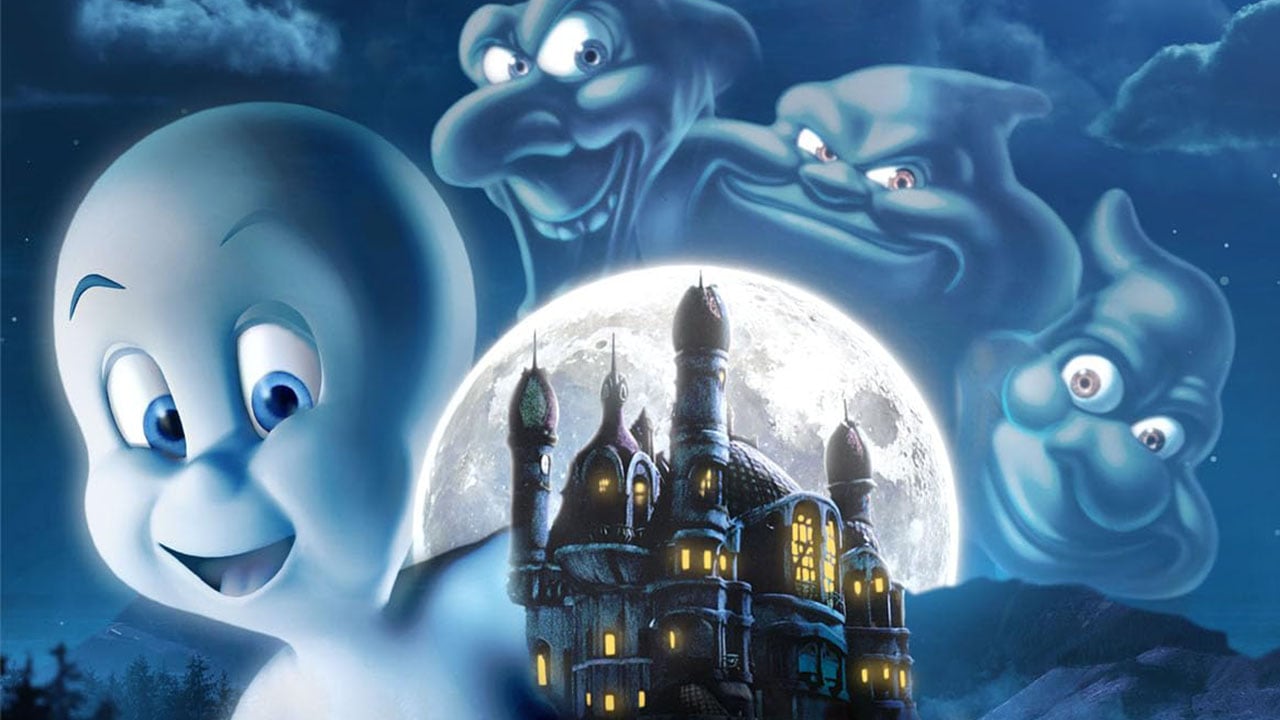











































![Satire in Action [15 MINUTES]](https://jonathanrosenbaum.net/wp-content/uploads/2011/11/15minutes.jpg)
![Strangers in Elvisland [MYSTERY TRAIN]](https://jonathanrosenbaum.net/wp-content/uploads/2011/04/mysterytrain-theaterruin.jpg)
![The Most Intelligent American Movie of the Year [THE BIG RED ONE: THE RECONSTRUCTION]](https://jonathanrosenbaum.net/wp-content/uploads/2011/12/the-big-red-one2.jpg)
![Cinematic Obsessions [THE GANG OF FOUR and SANTA SANGRE]](https://jonathanrosenbaum.net/wp-content/uploads/2010/12/labandedesquartre.jpg)
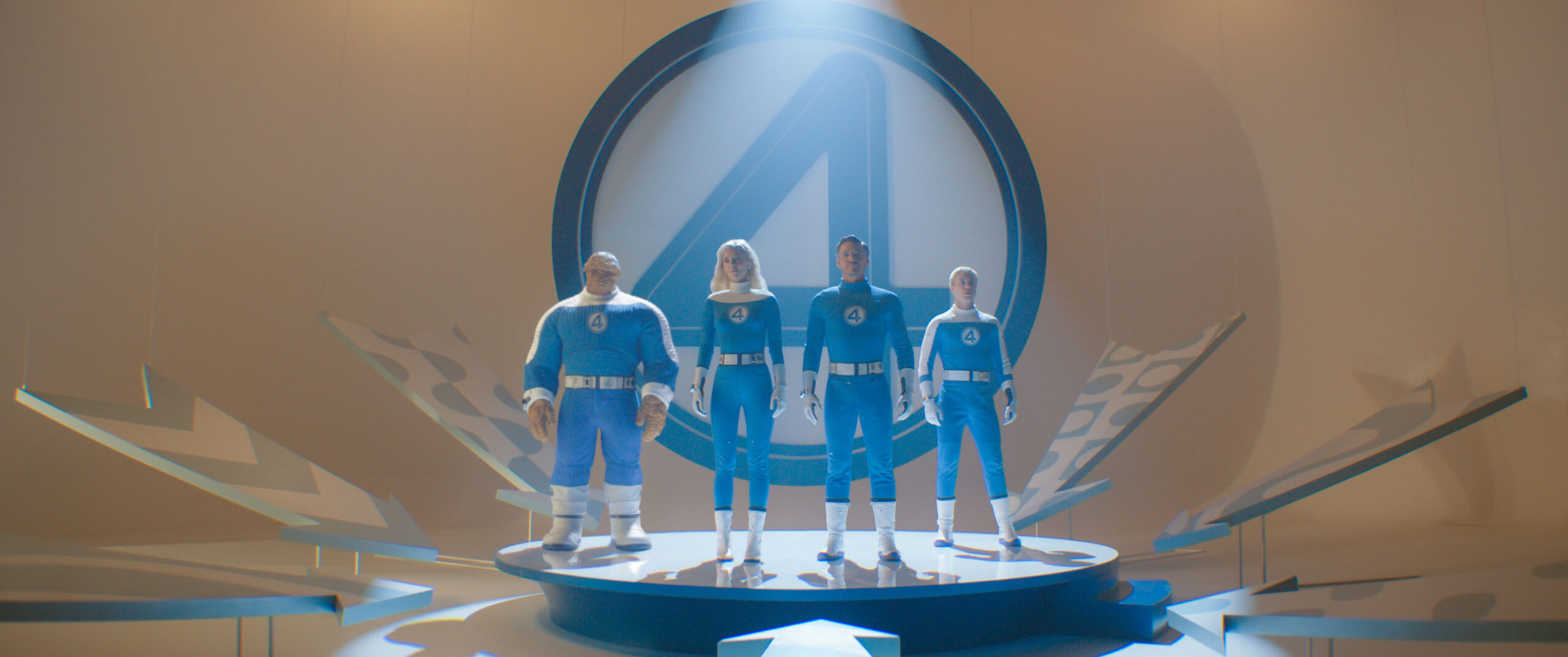
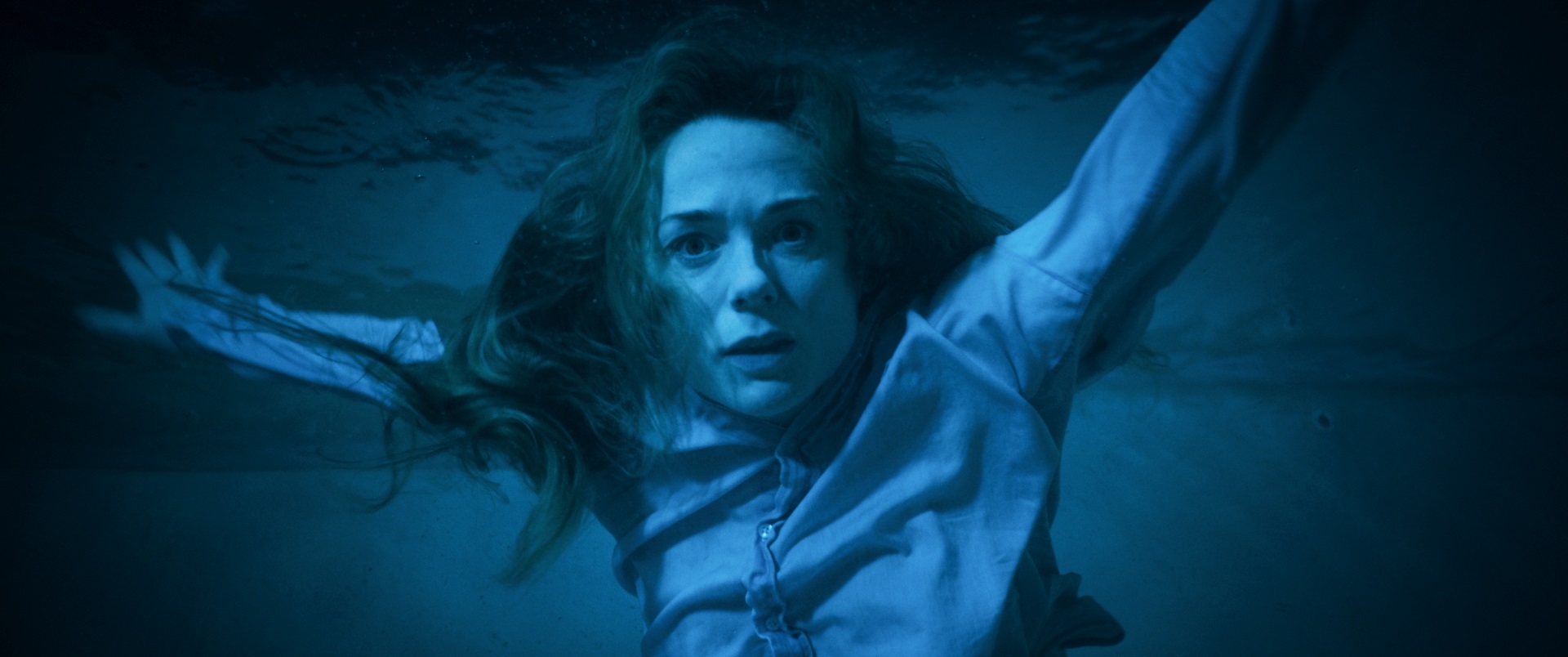
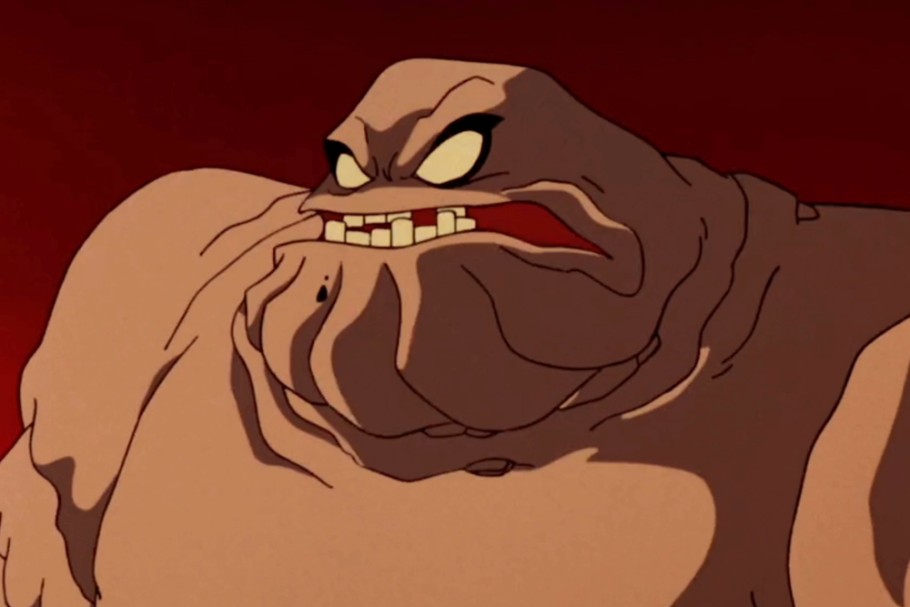













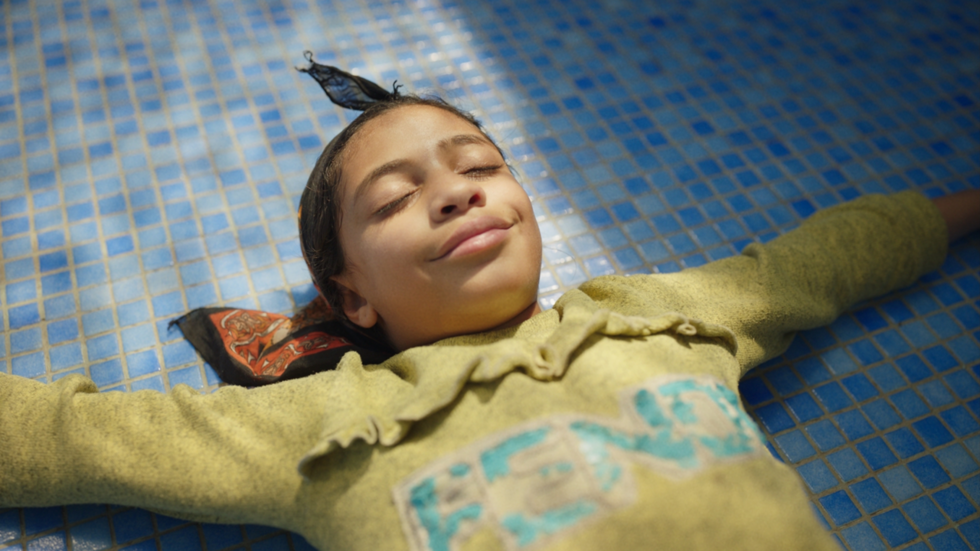
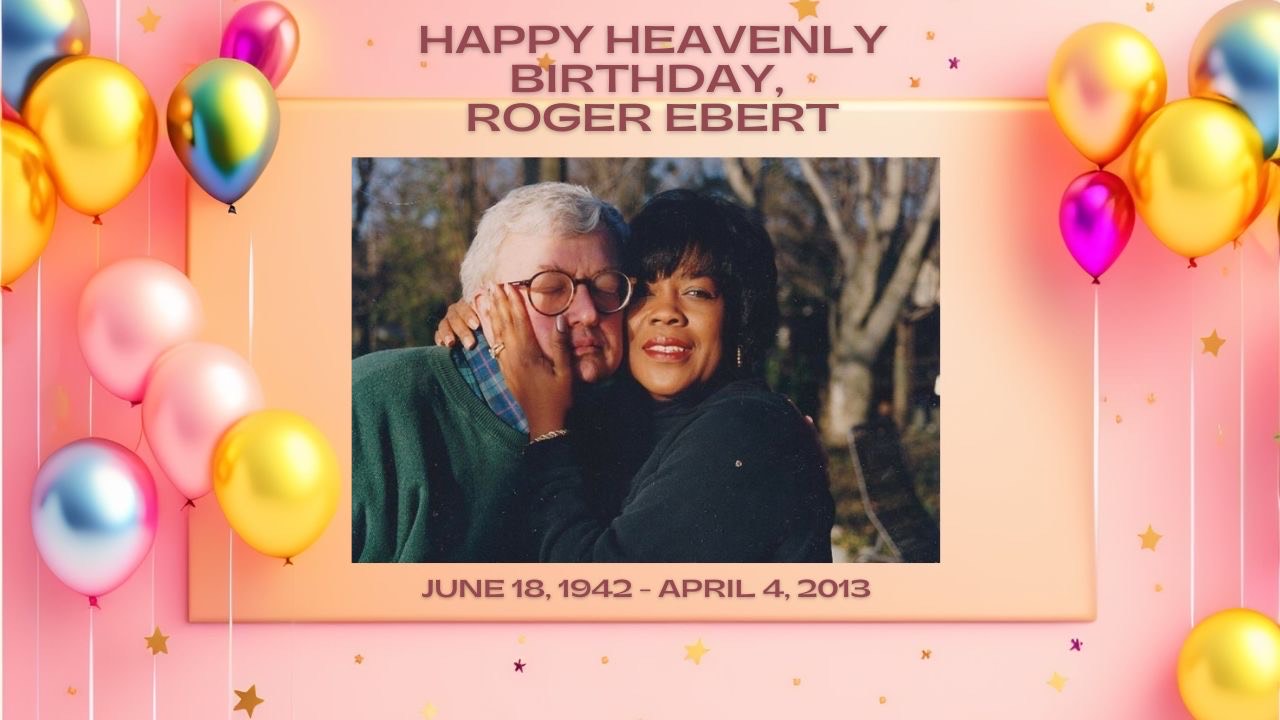






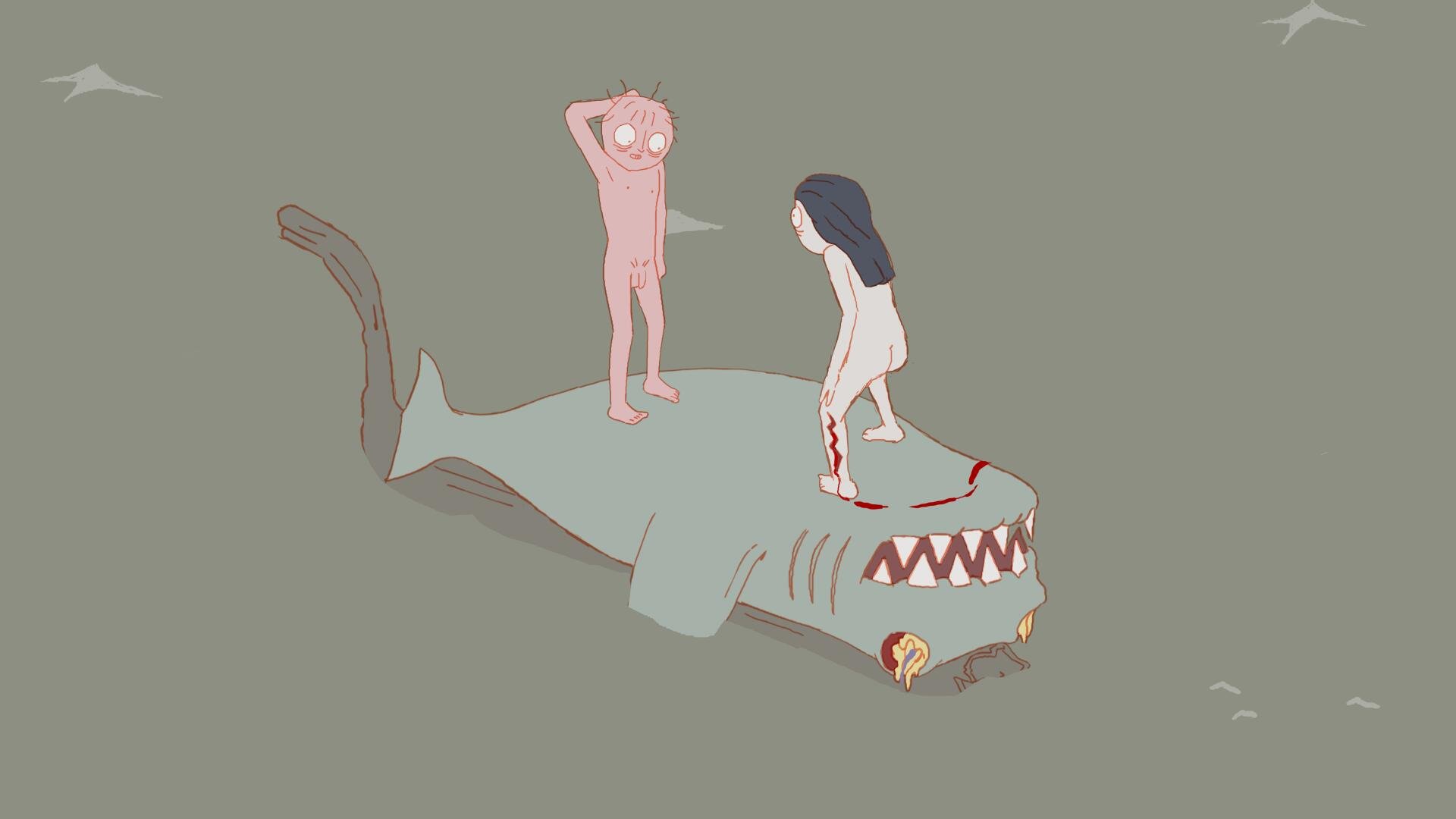
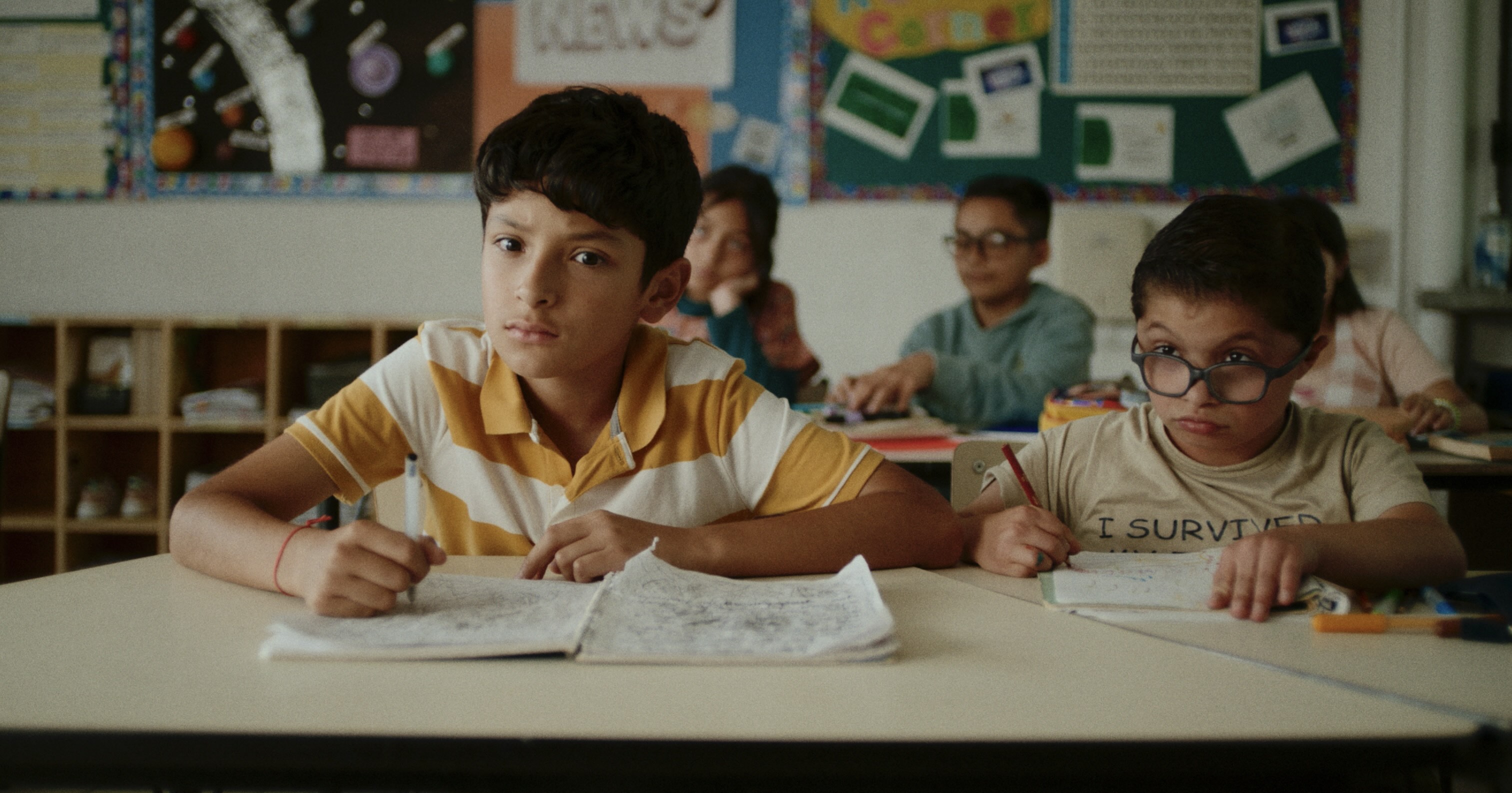
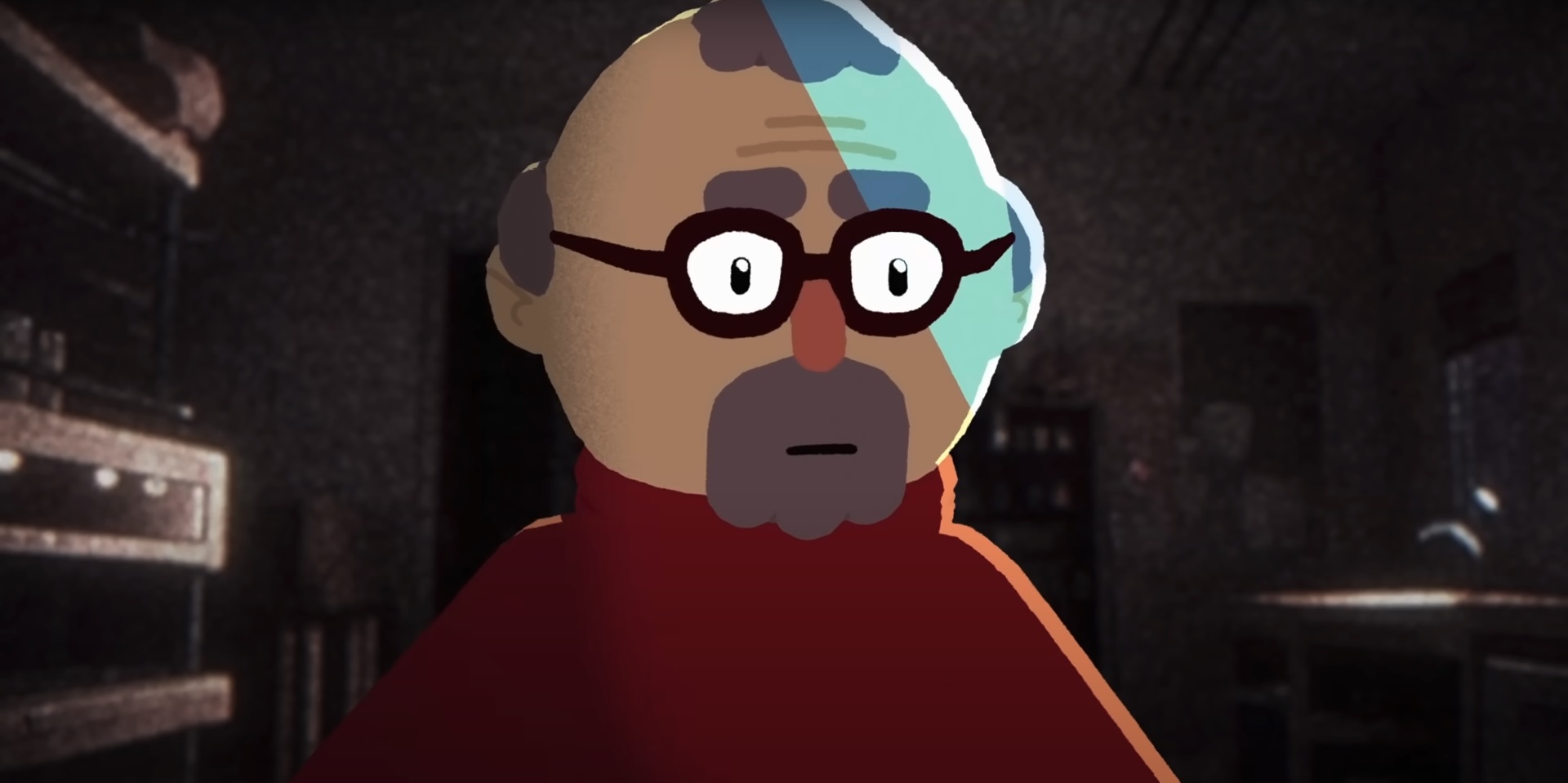
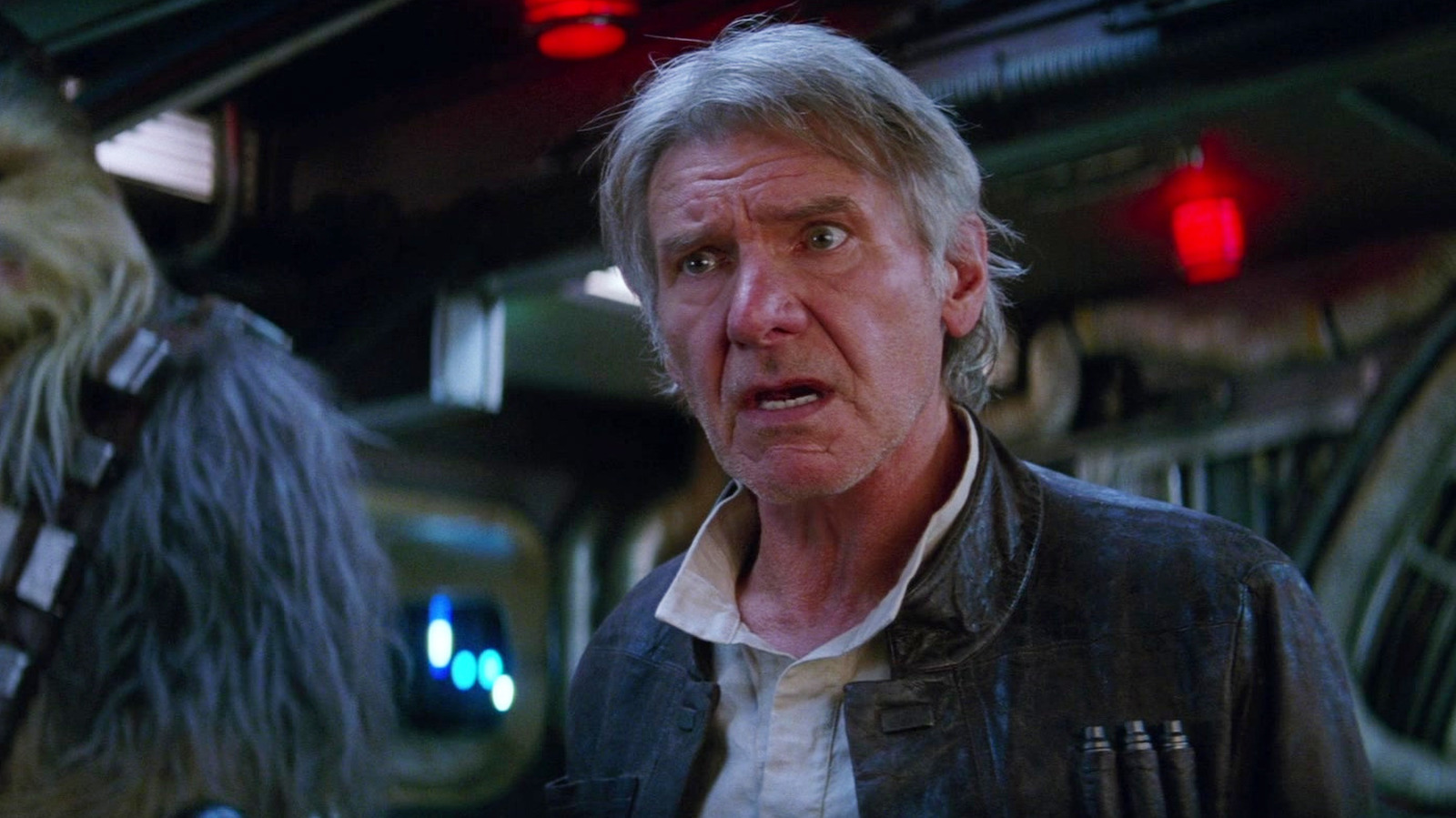
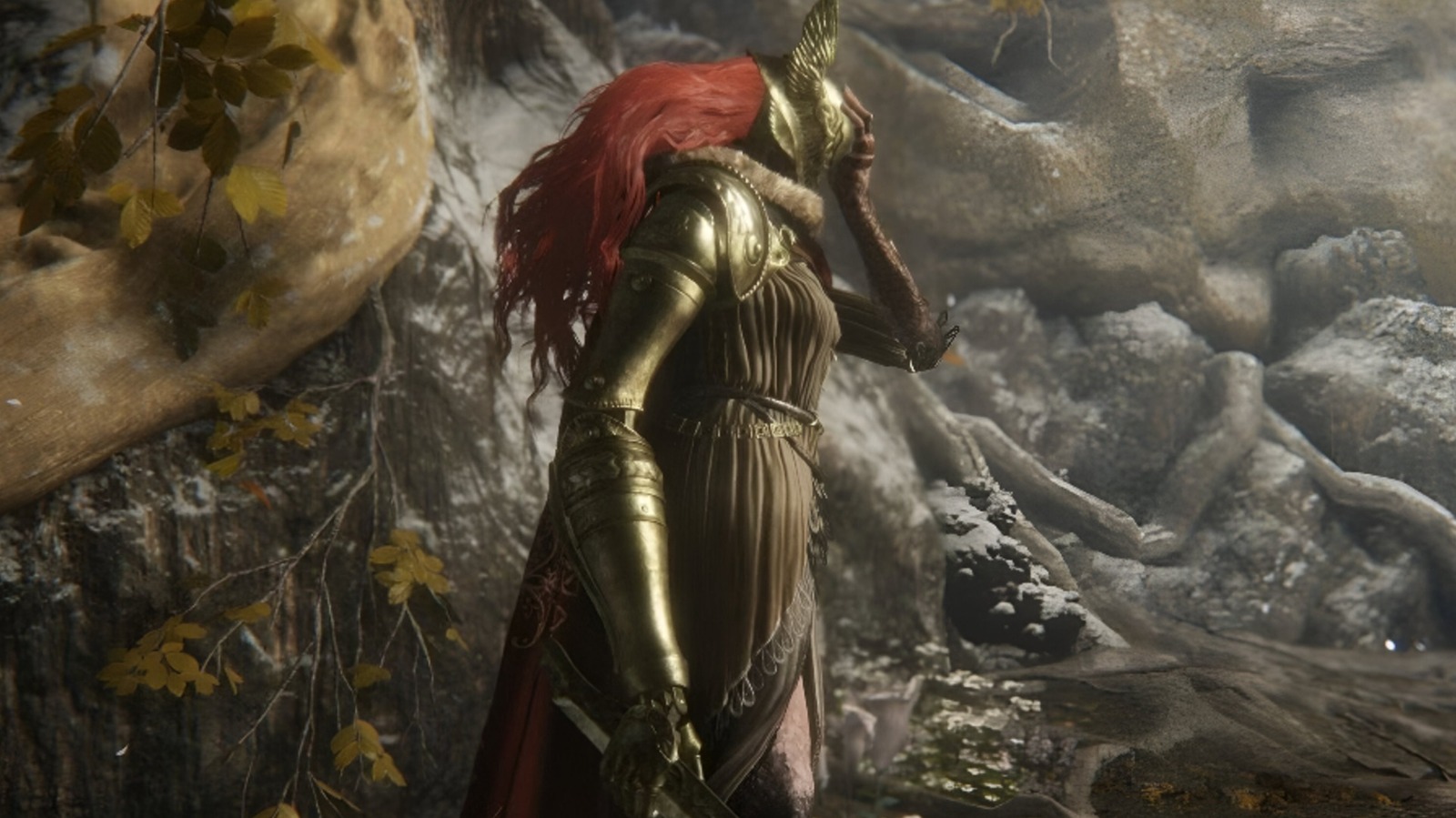
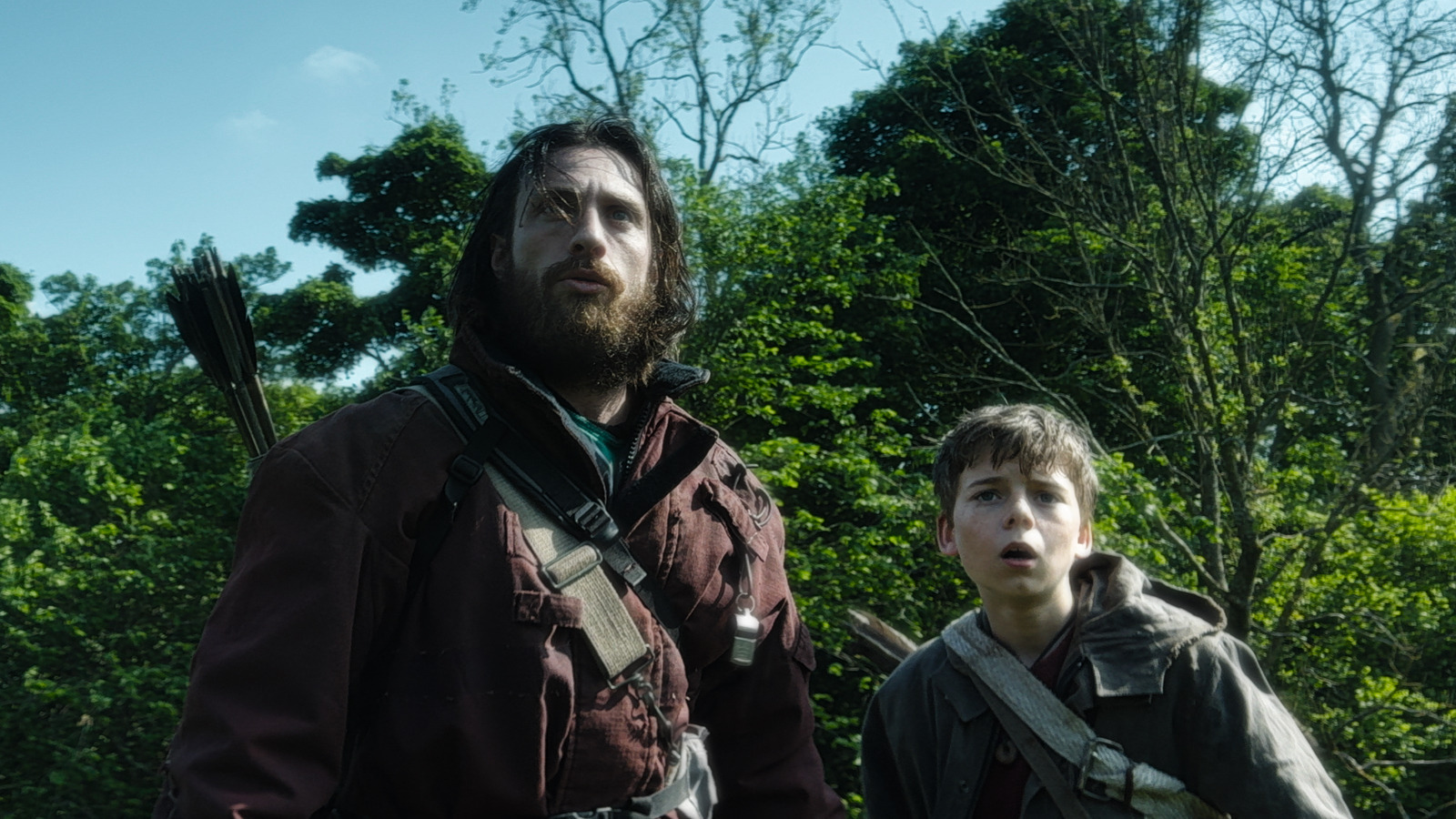
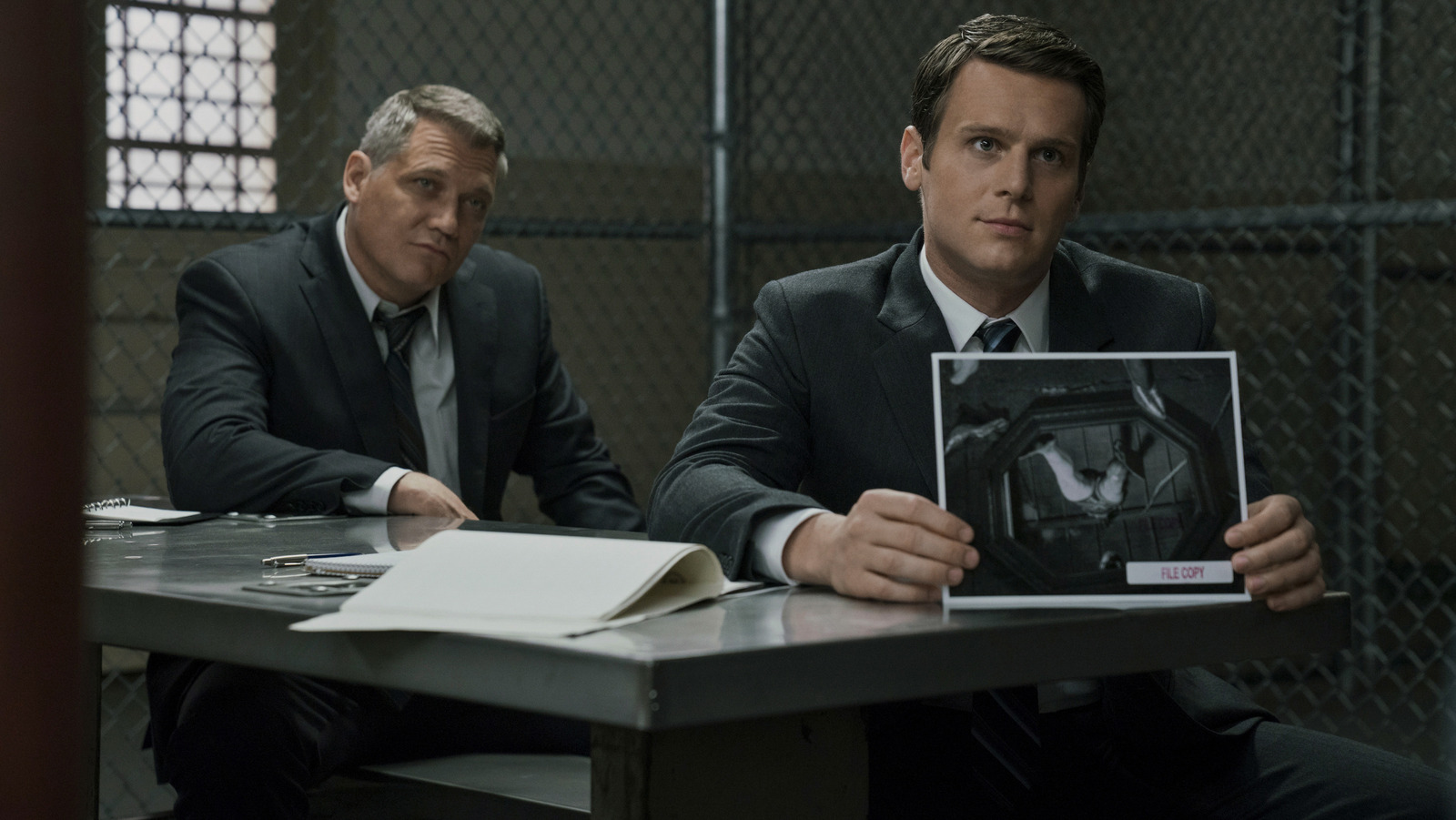

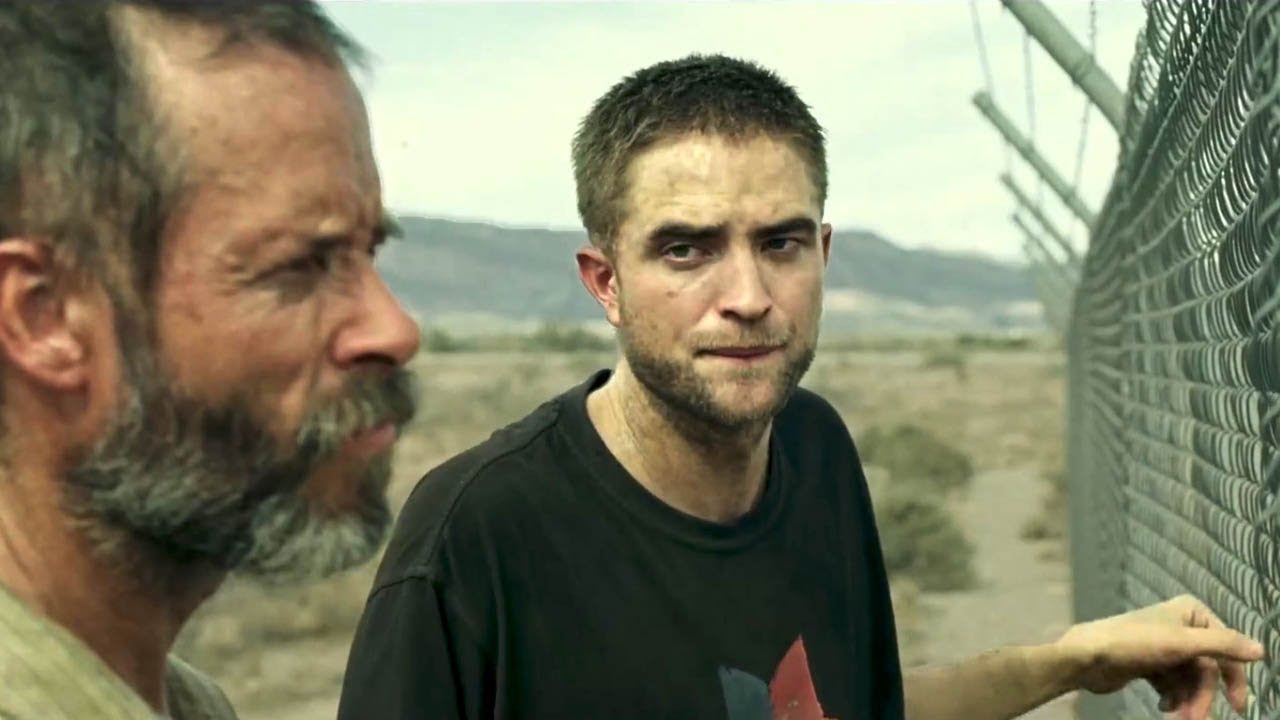

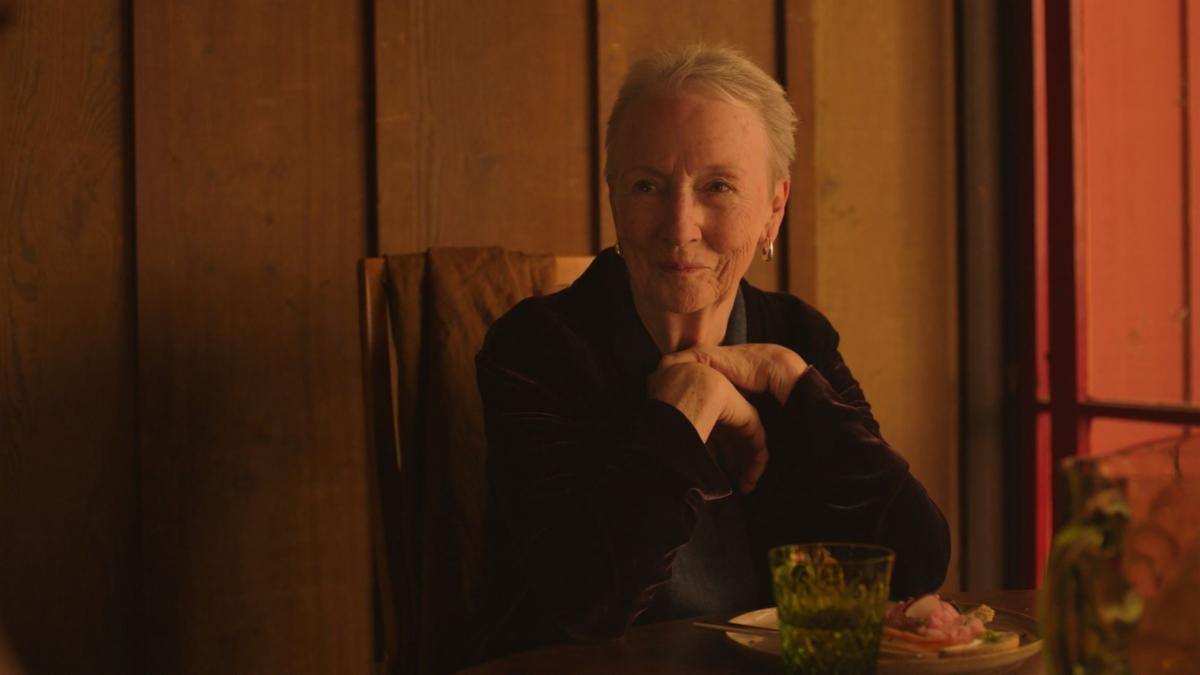
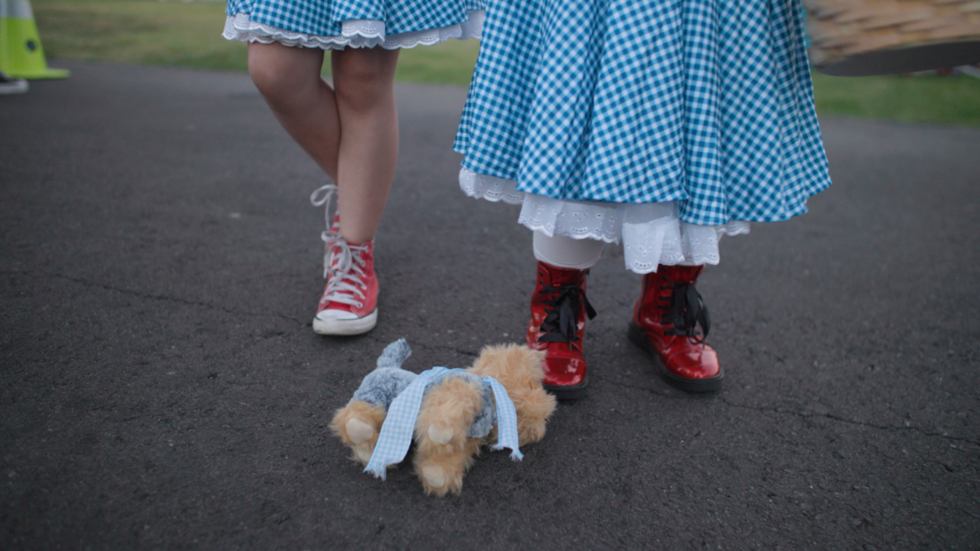
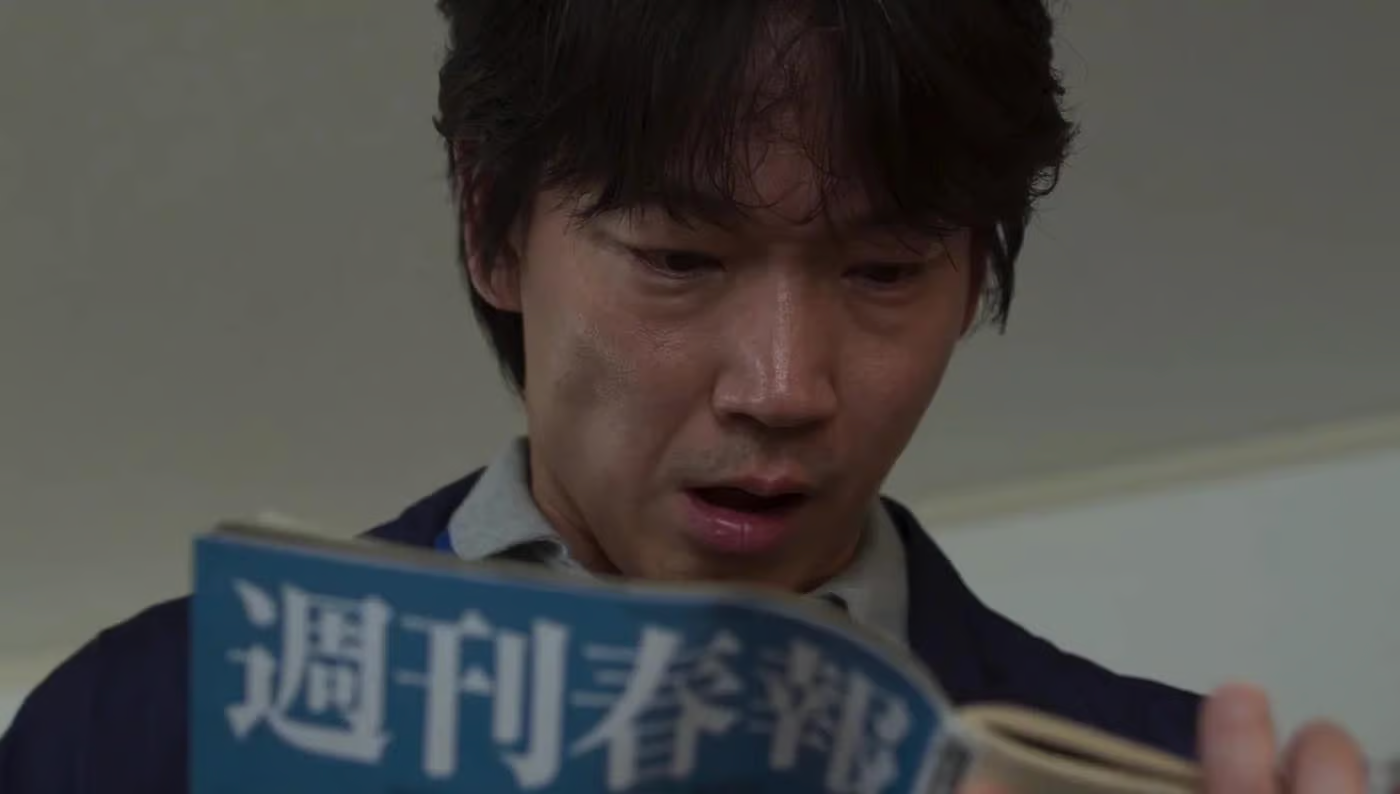
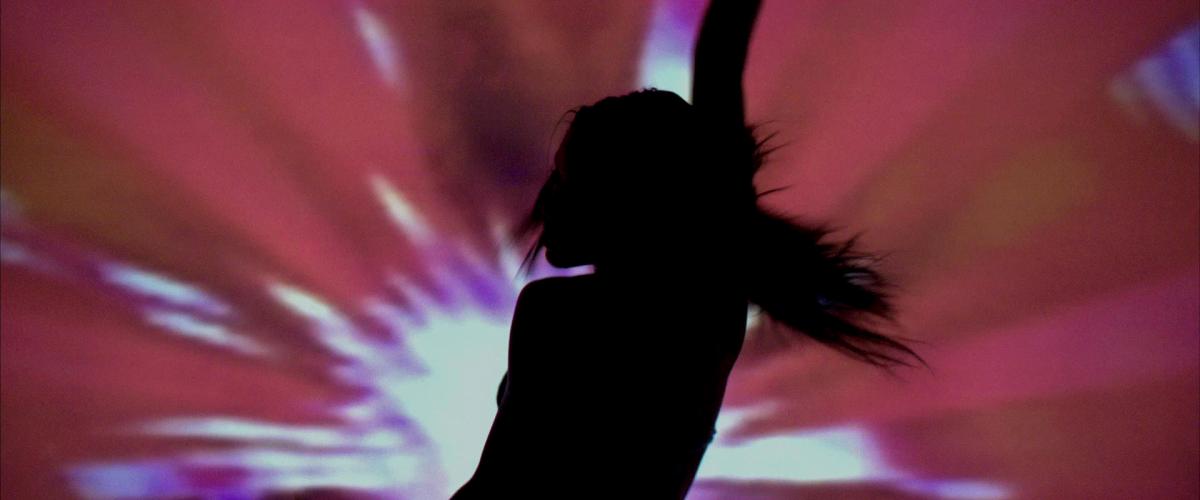

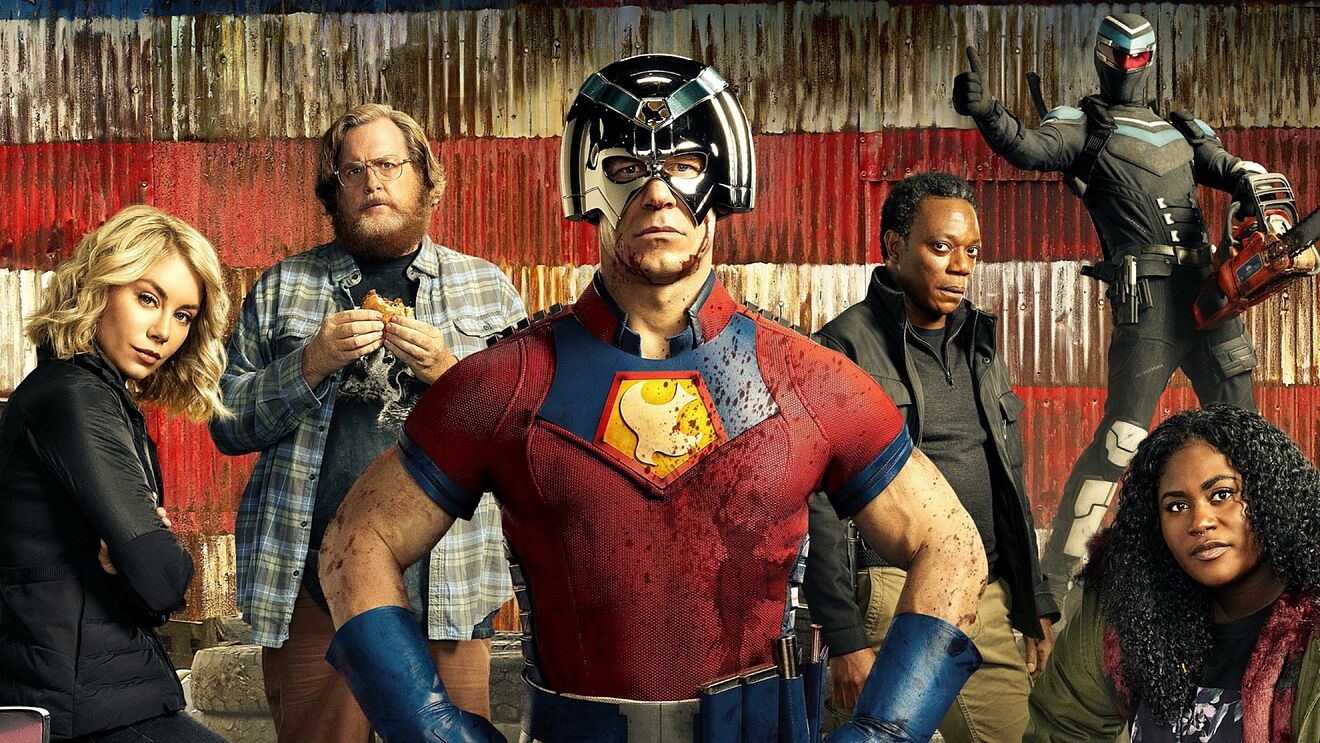
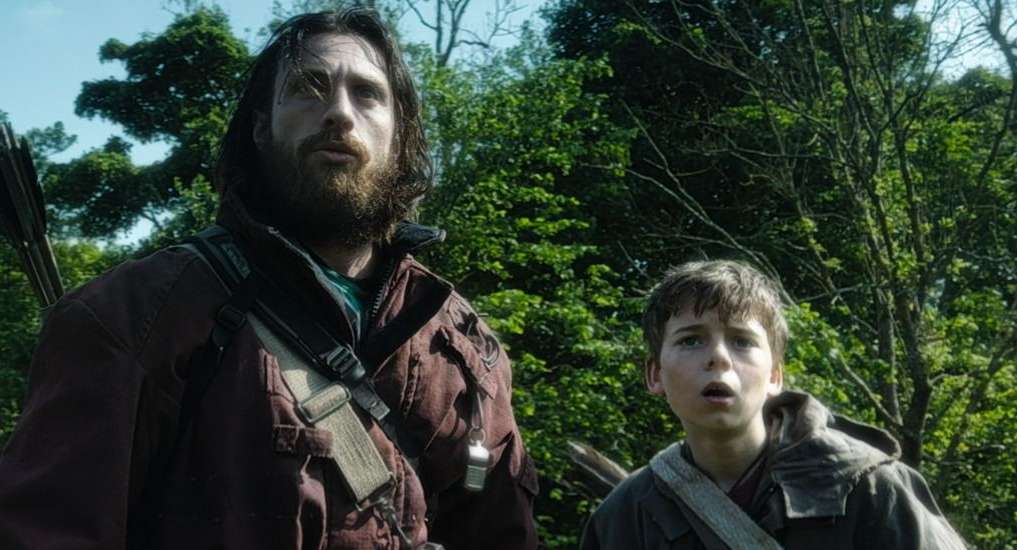
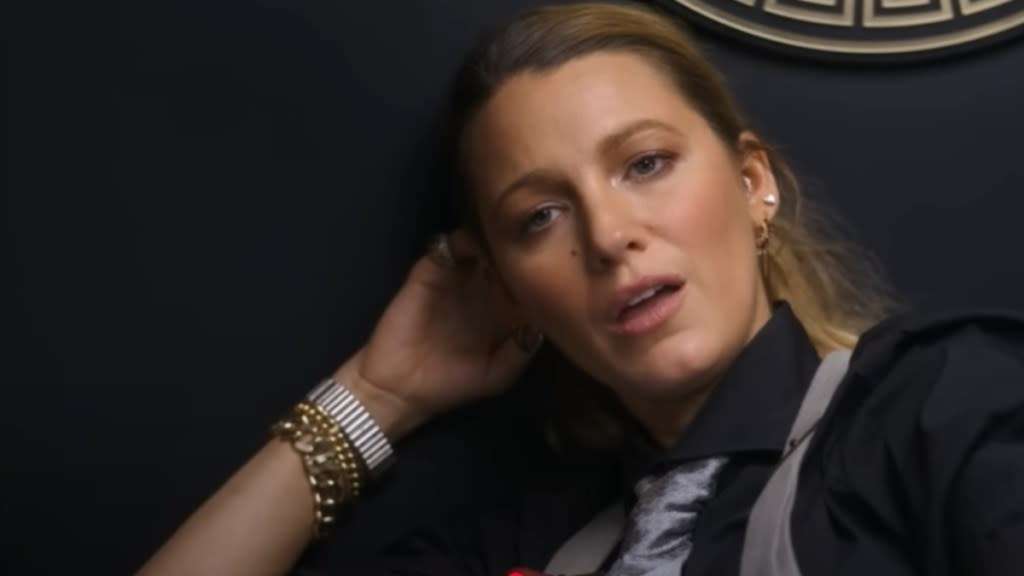


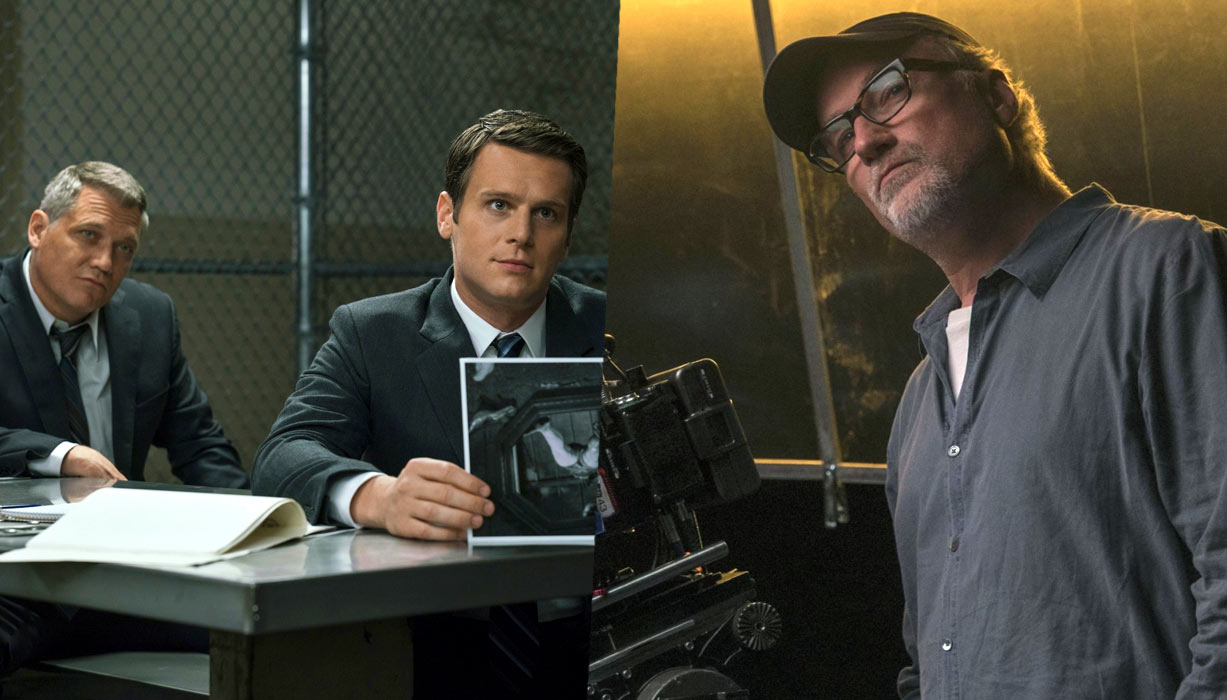

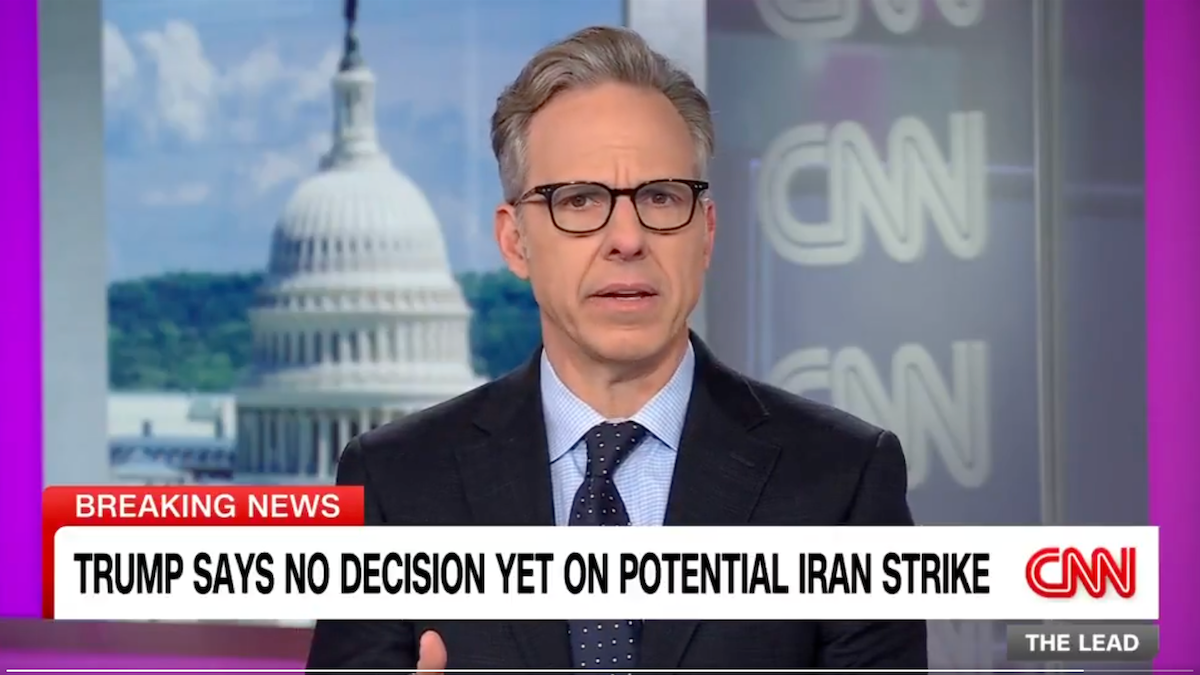
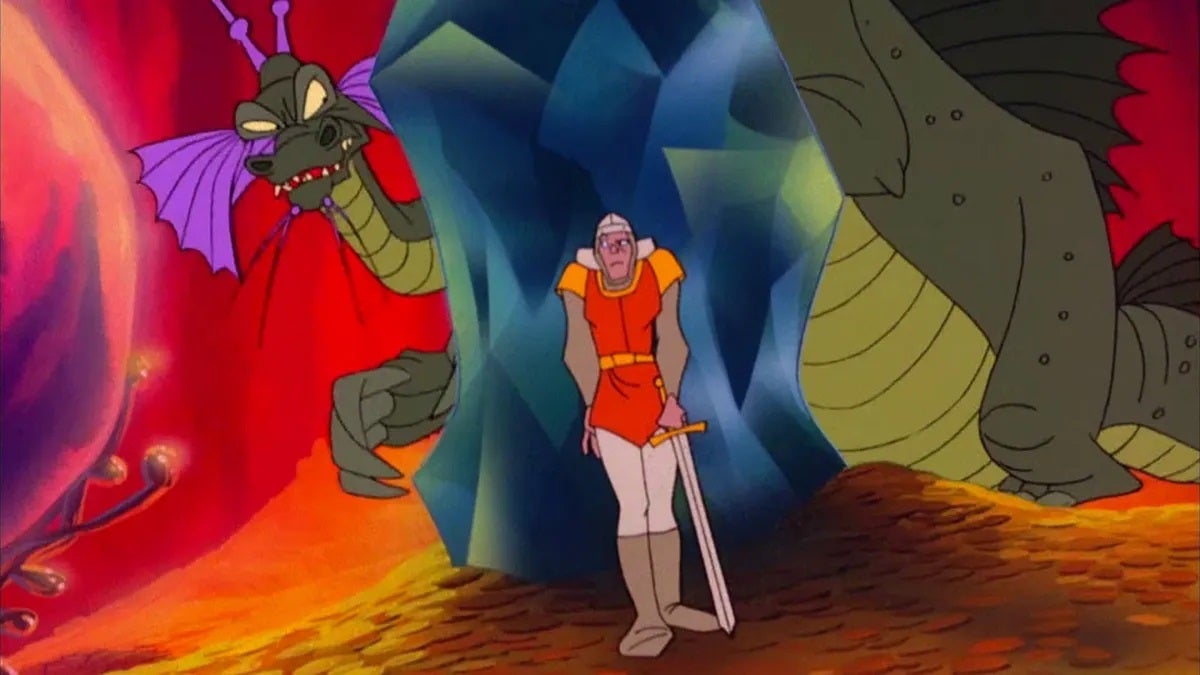

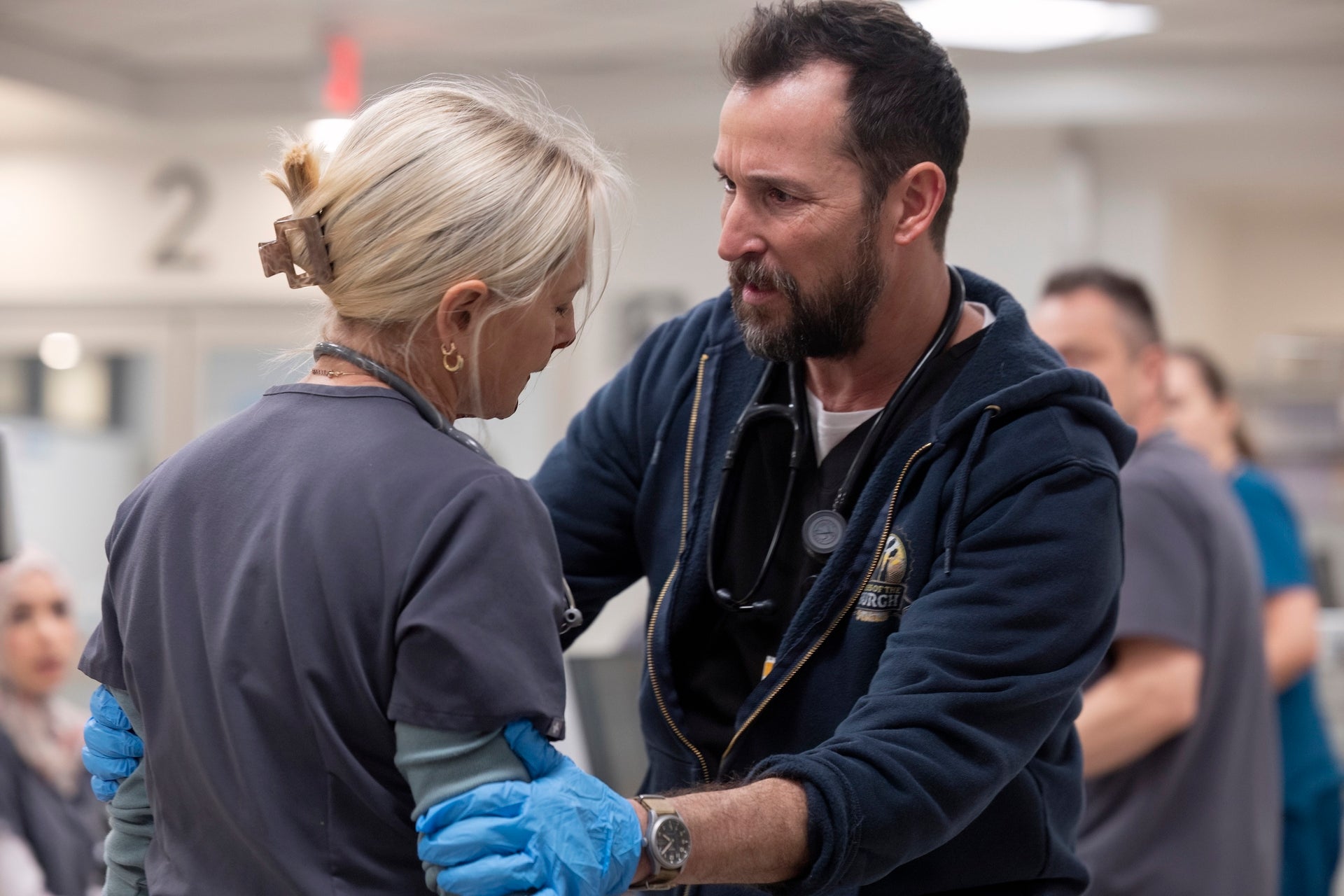


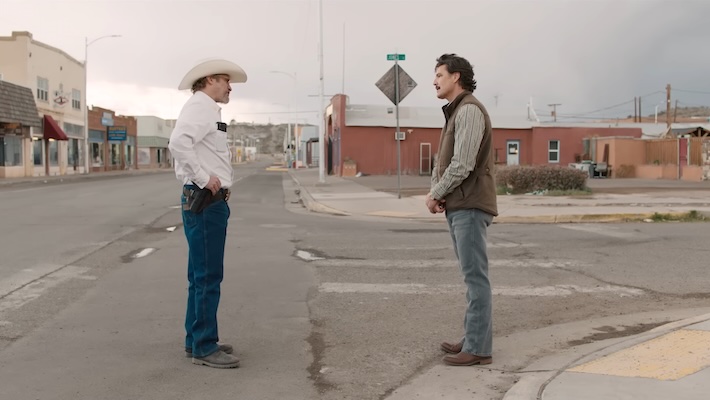
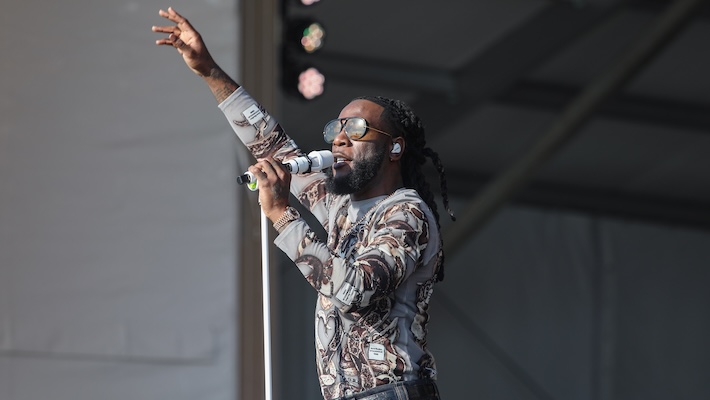

![She’s the World’s Tallest Woman—It Took Buying 6 Airline Seats Just to Get Onboard [Roundup]](https://viewfromthewing.com/wp-content/uploads/2025/06/worlds-tallet-woman-flying-turkish.jpeg?#)



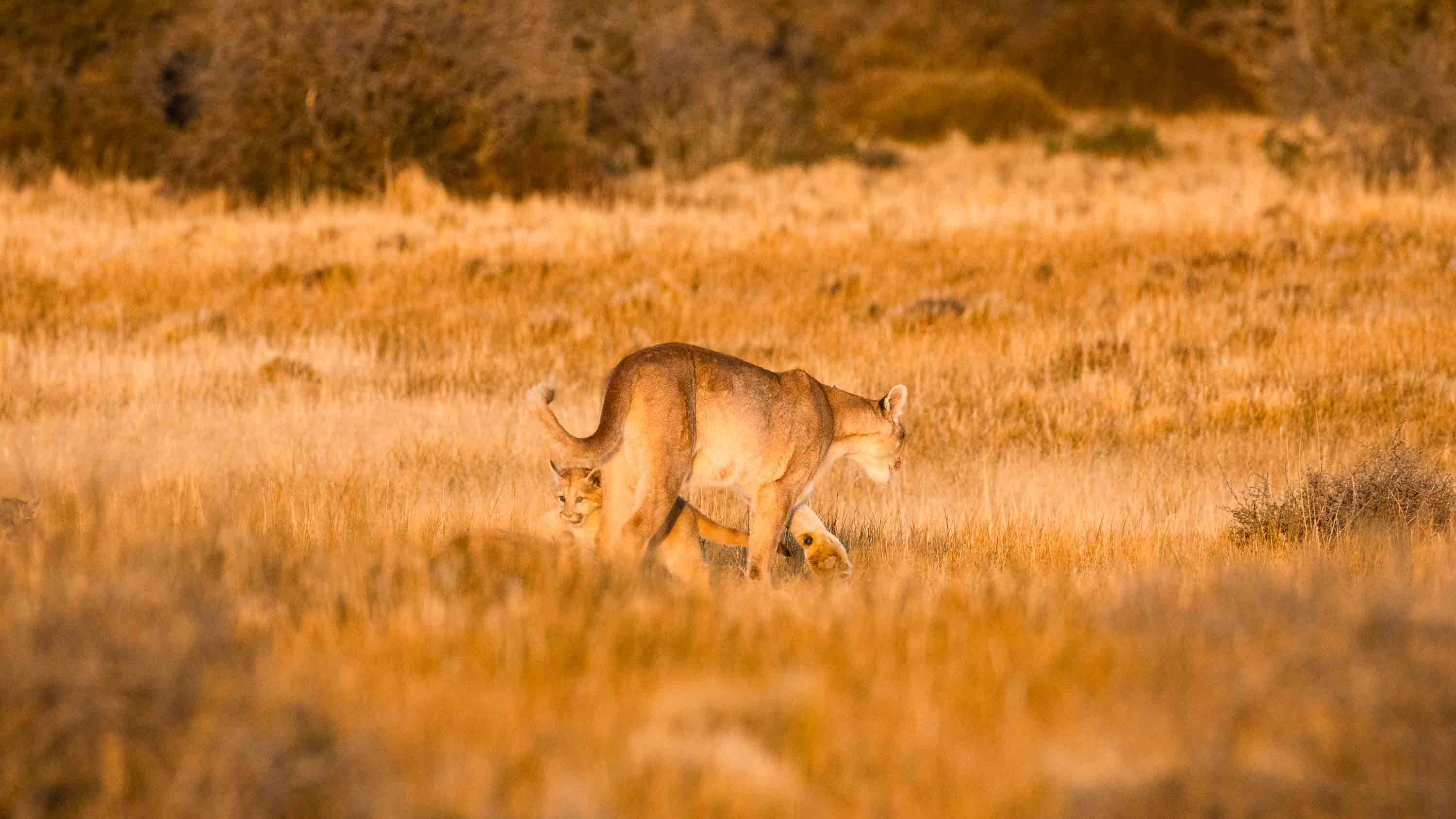

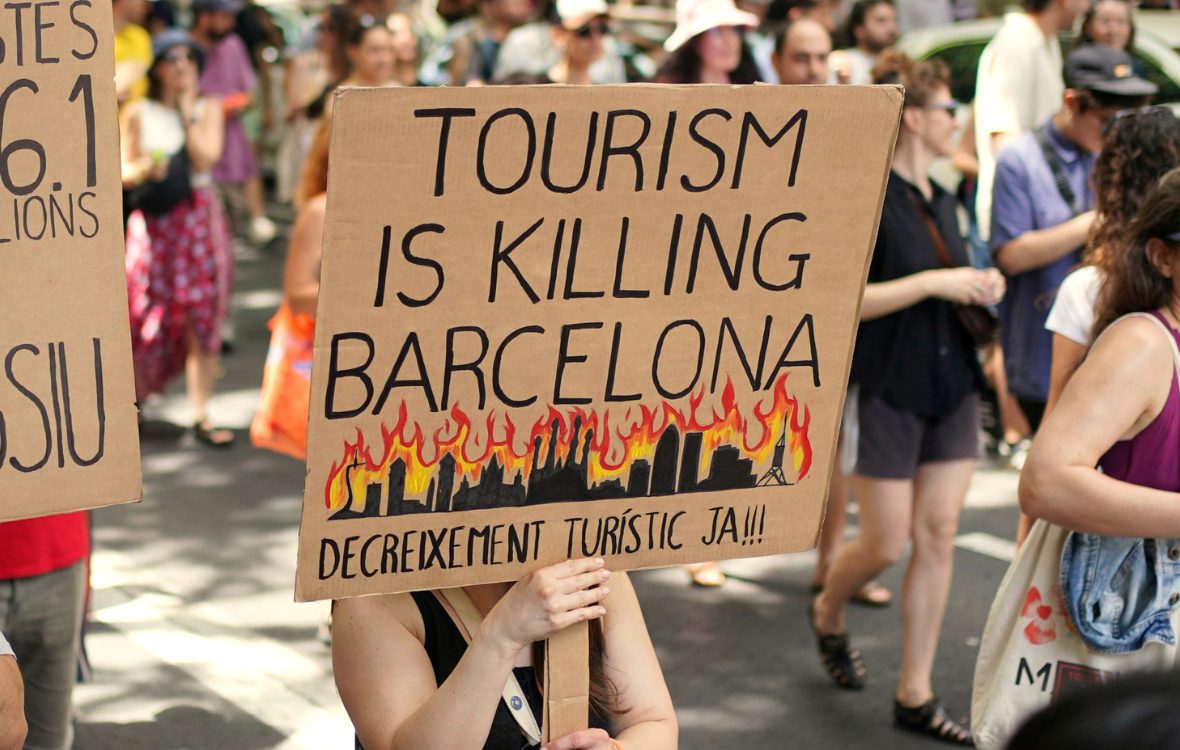



























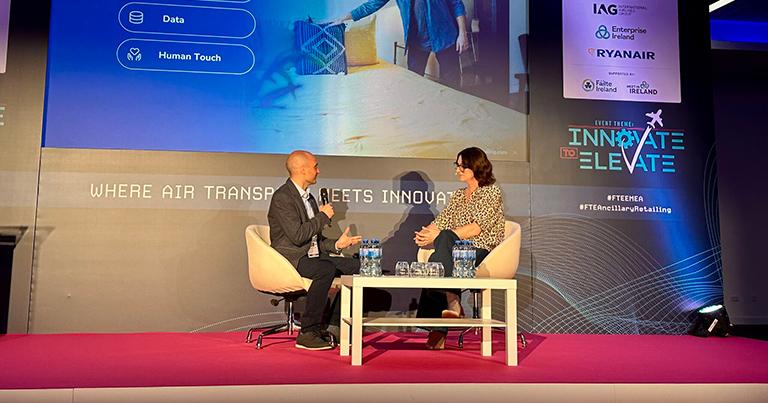



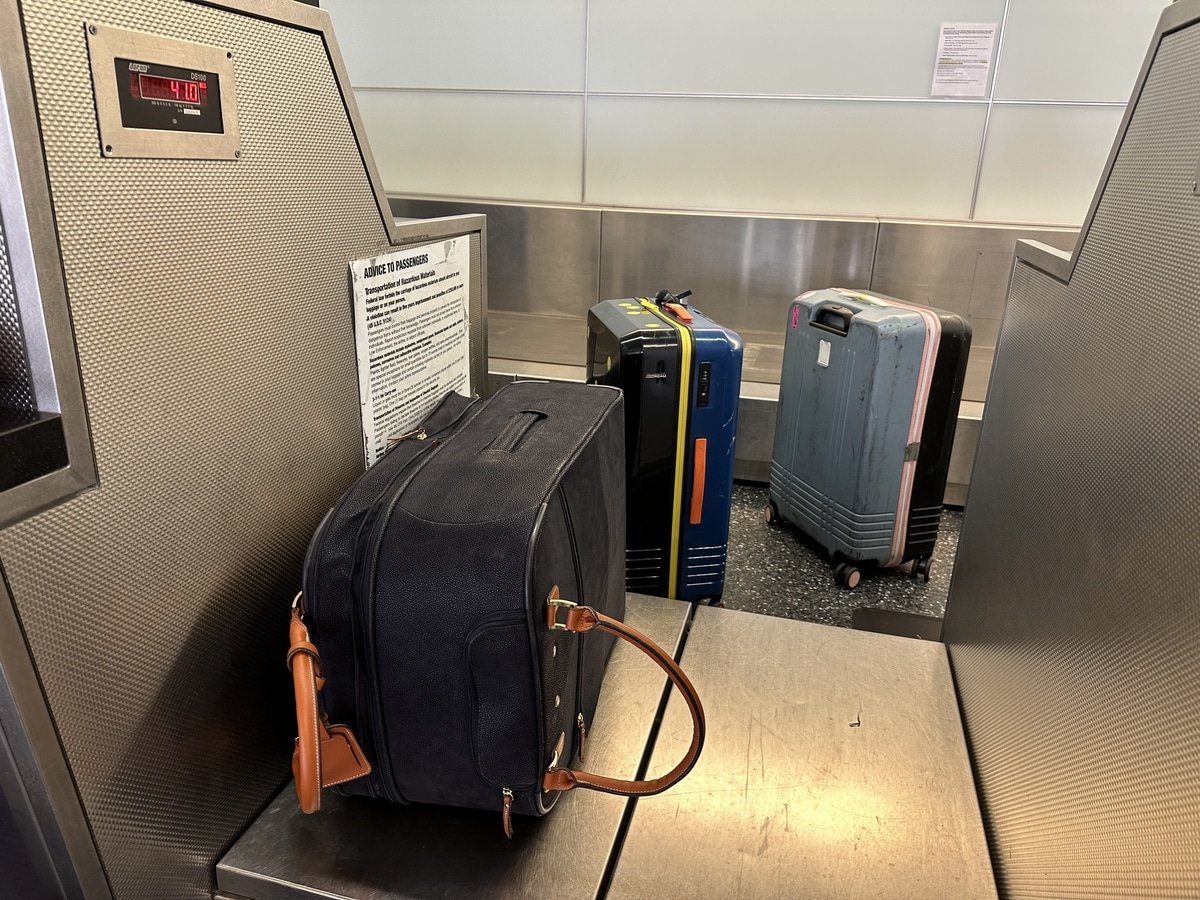


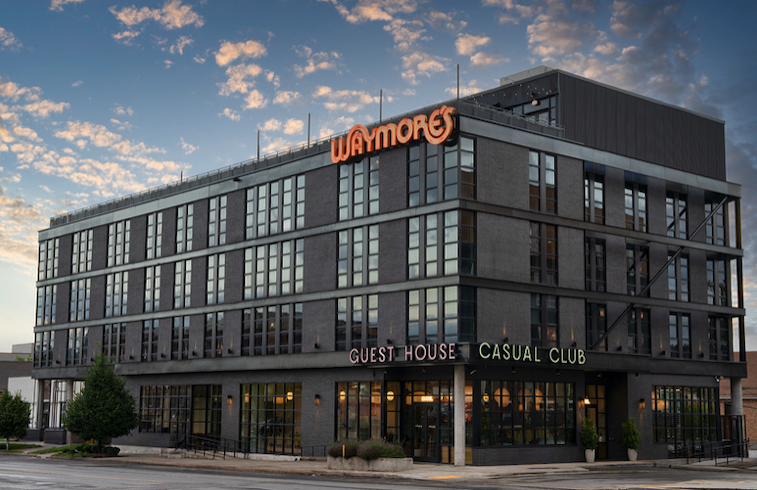








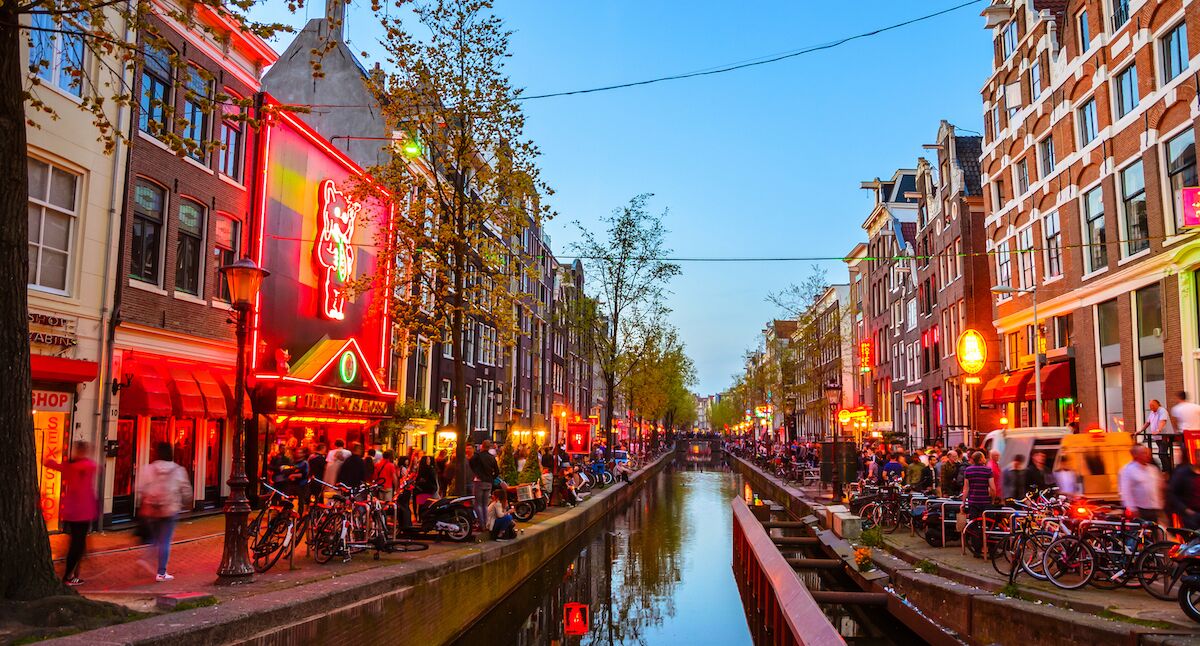








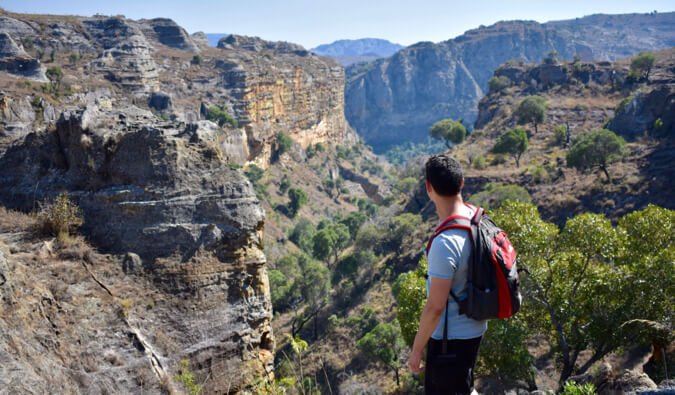



















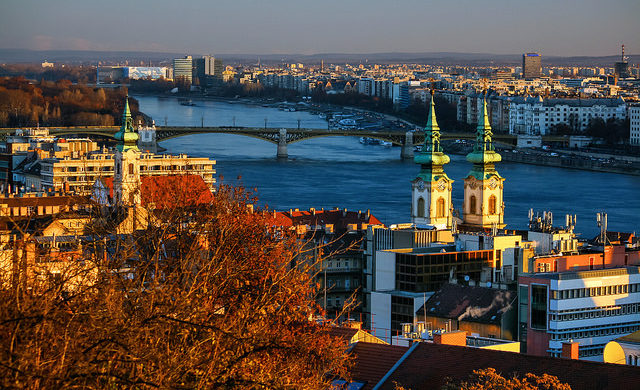




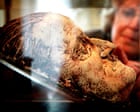
























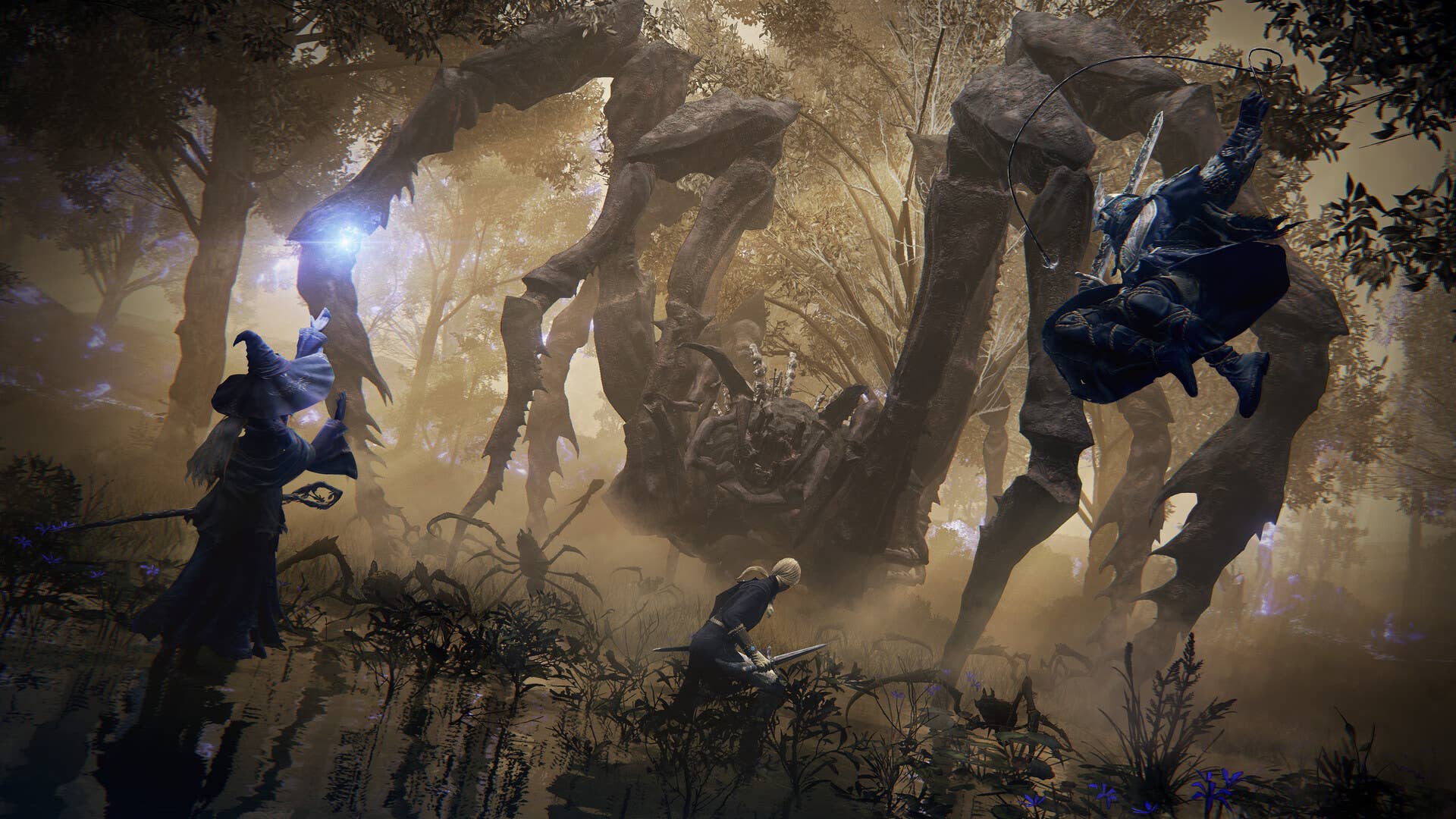
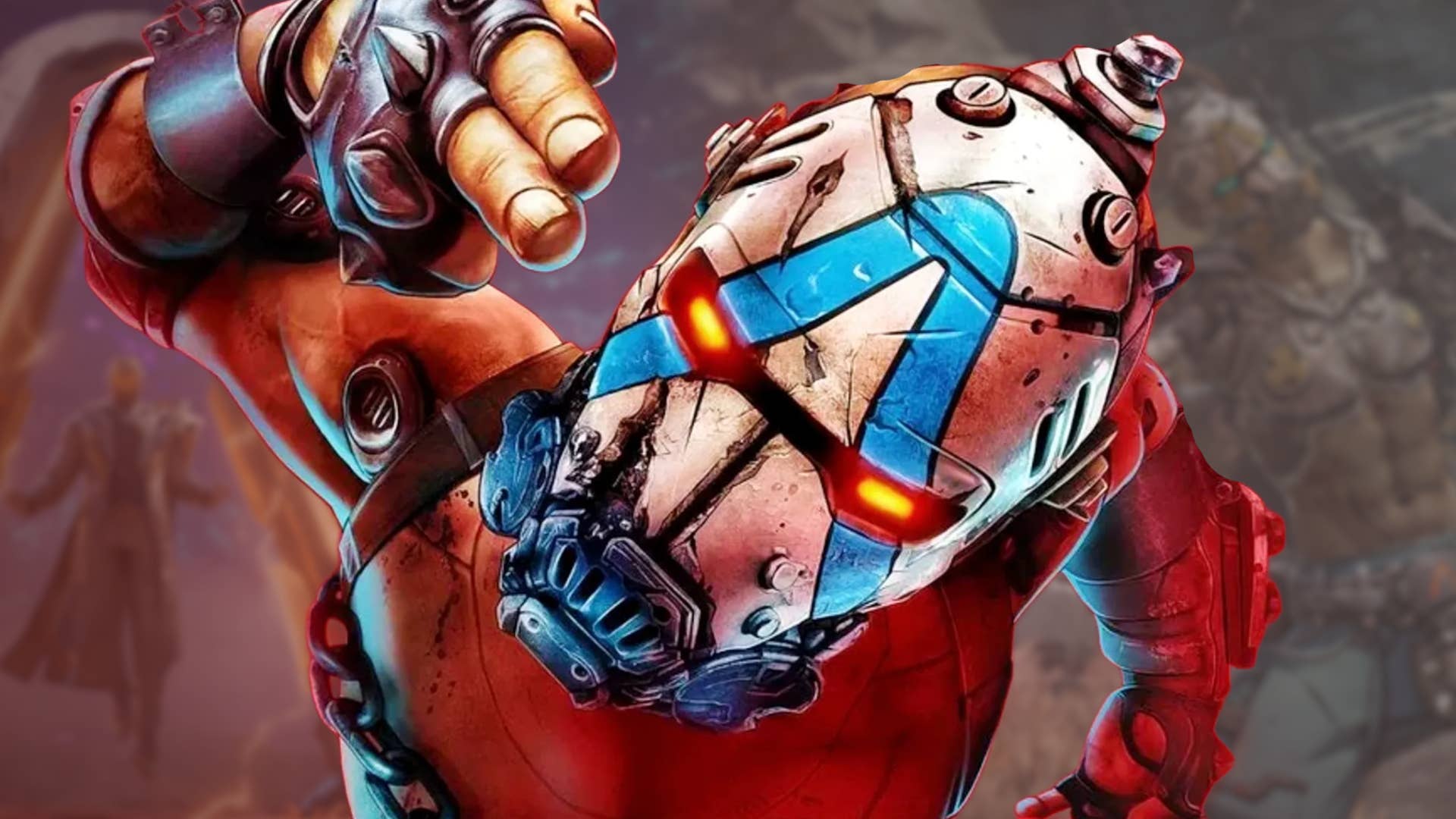








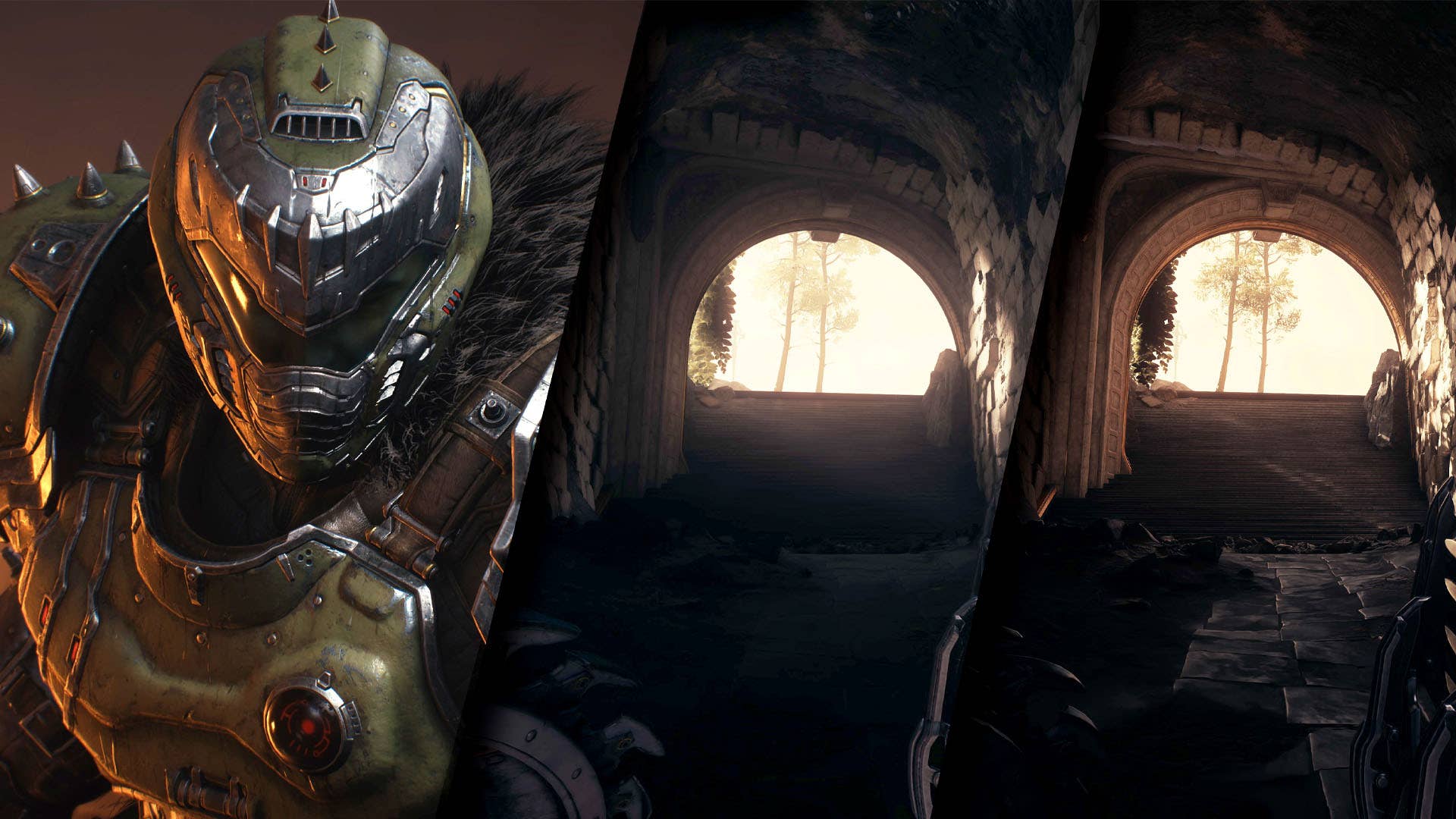

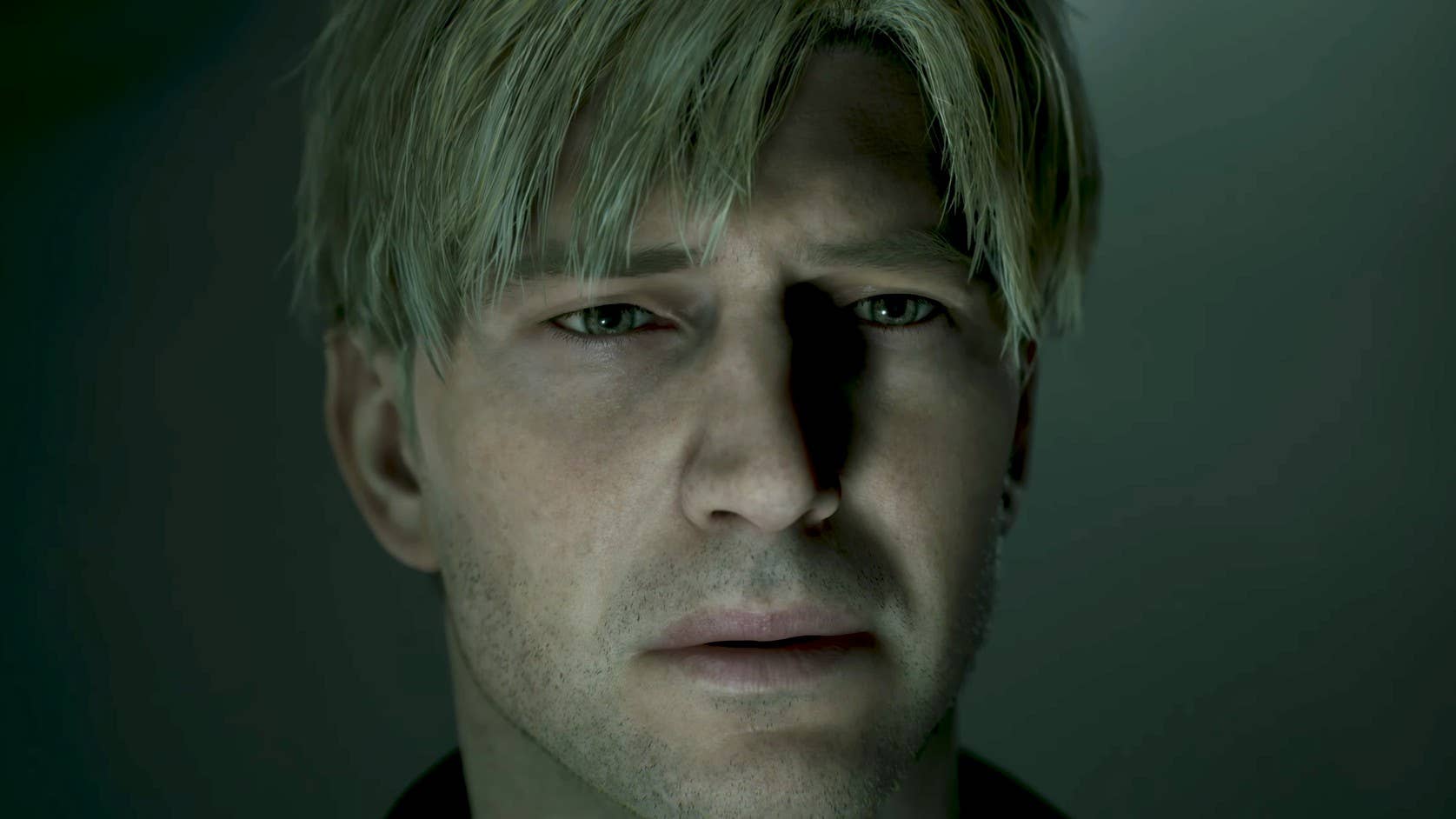
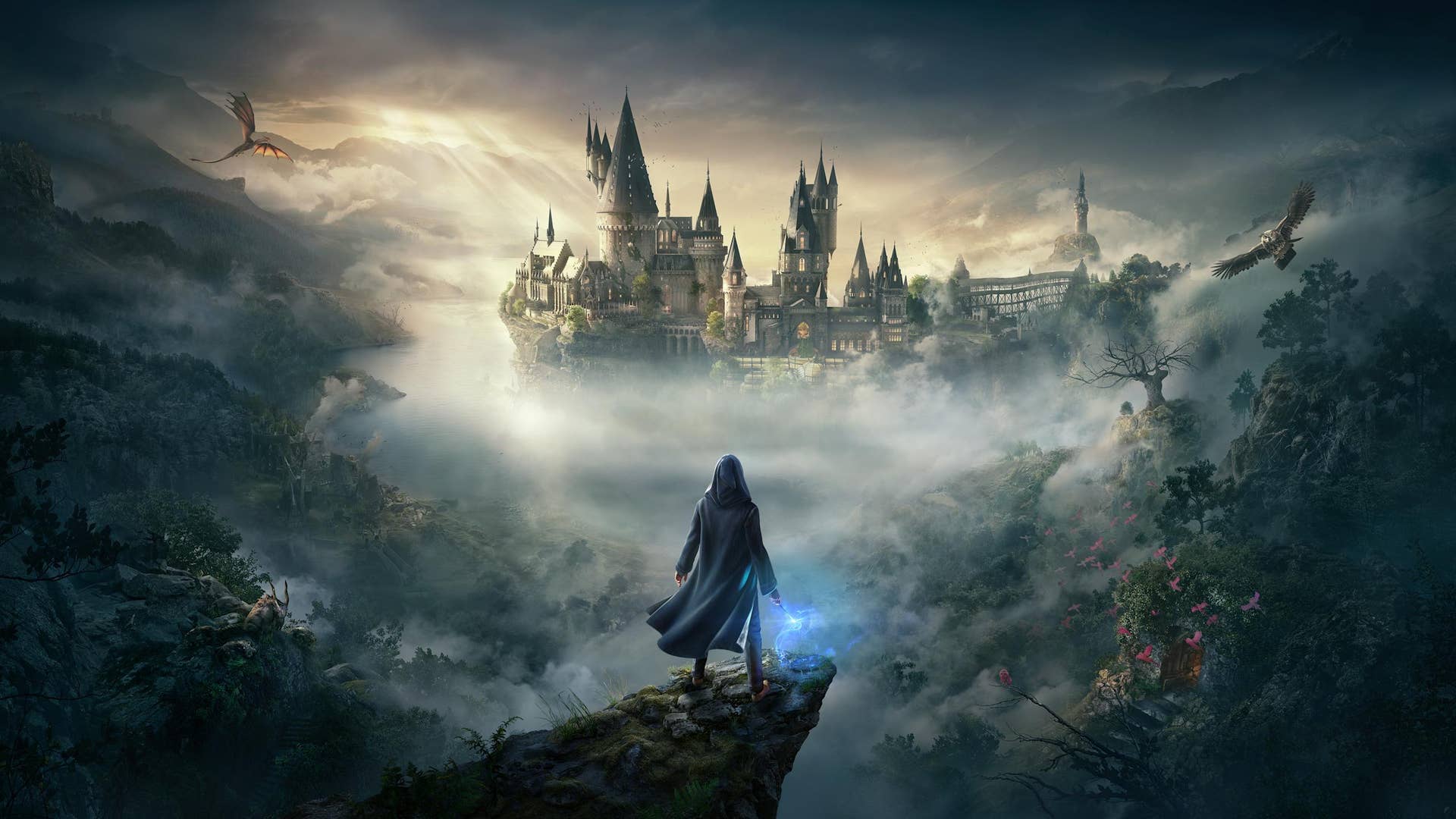
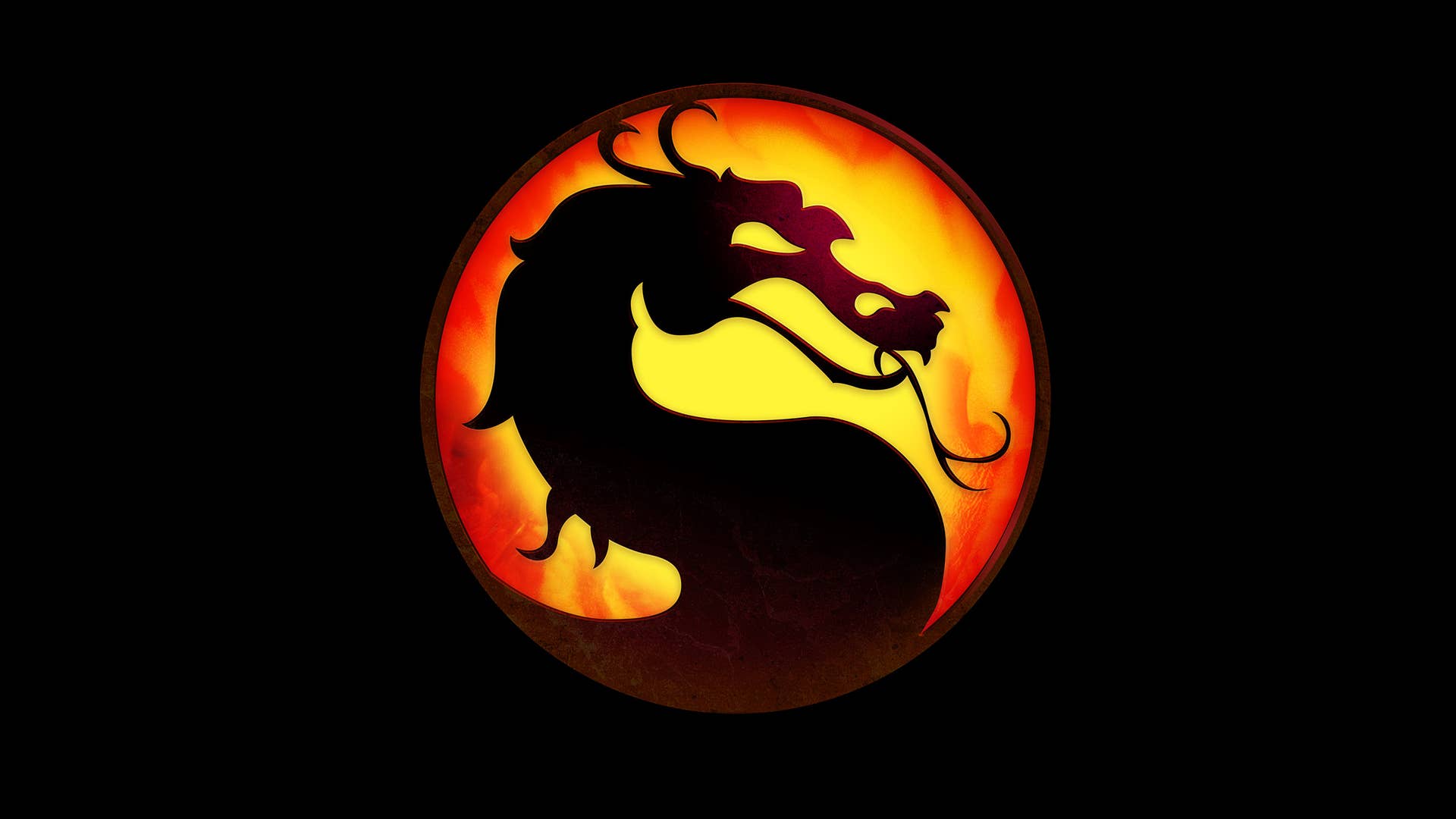














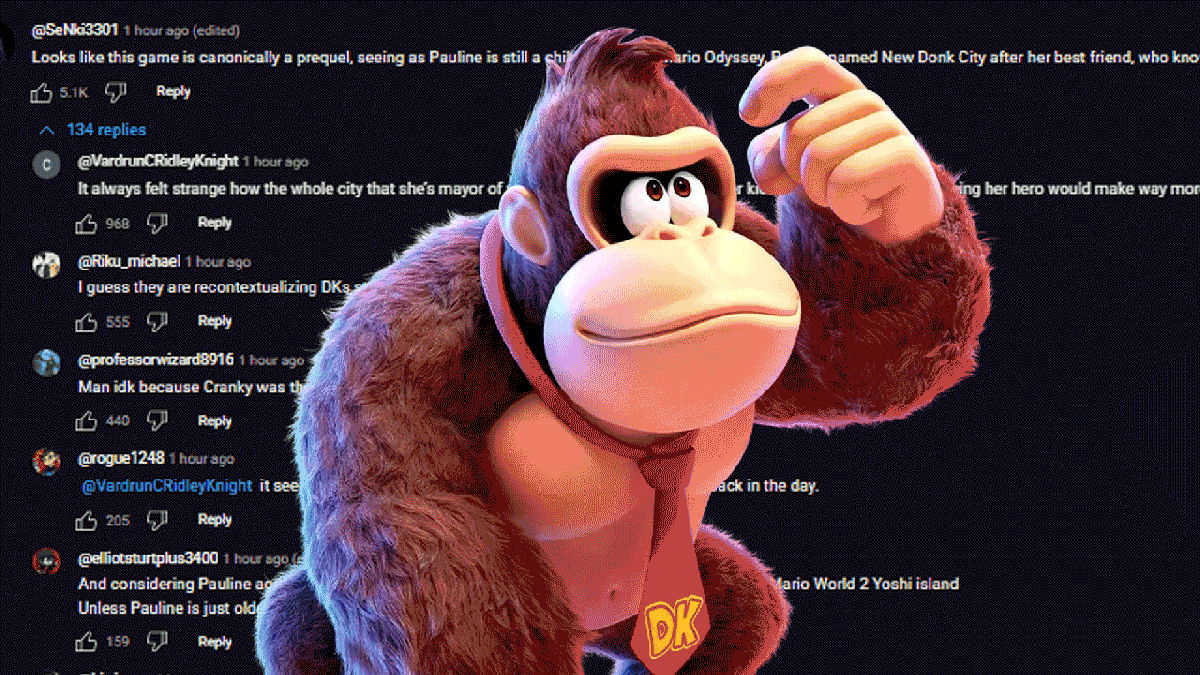
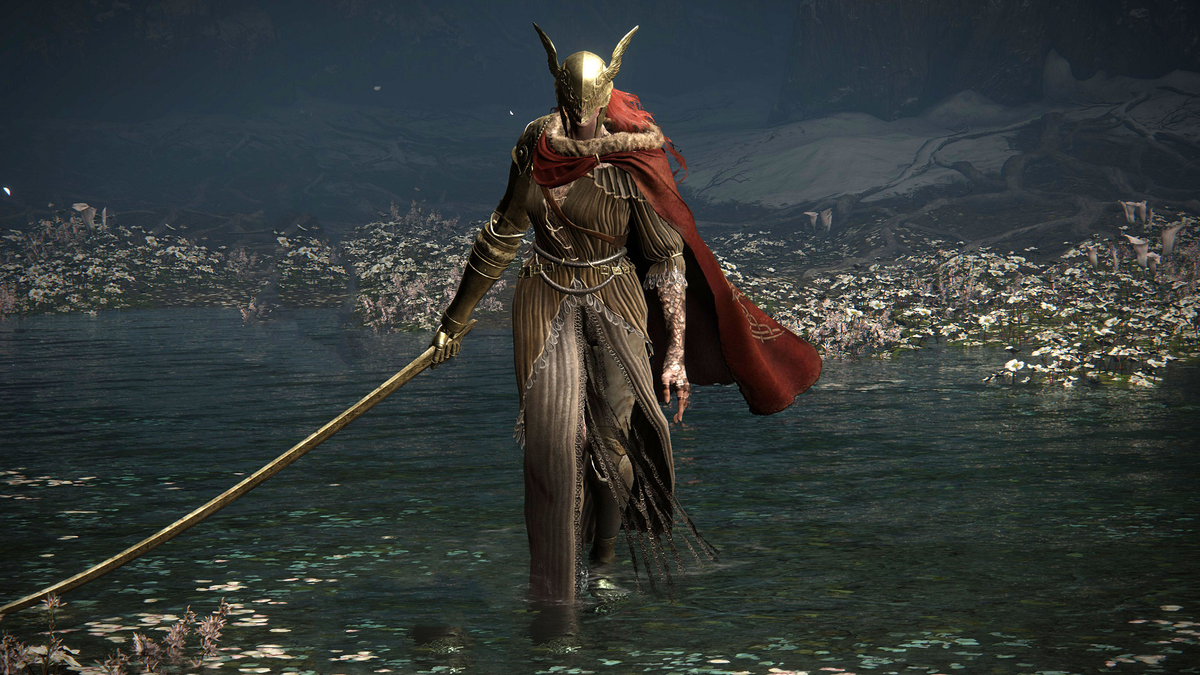

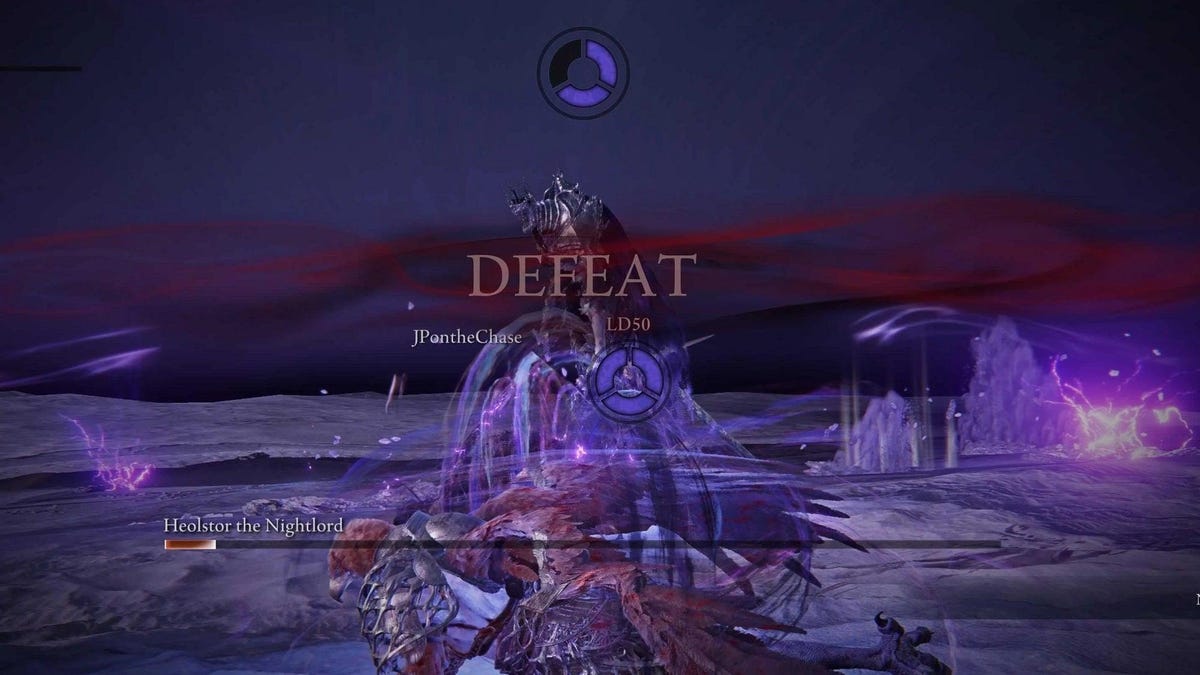




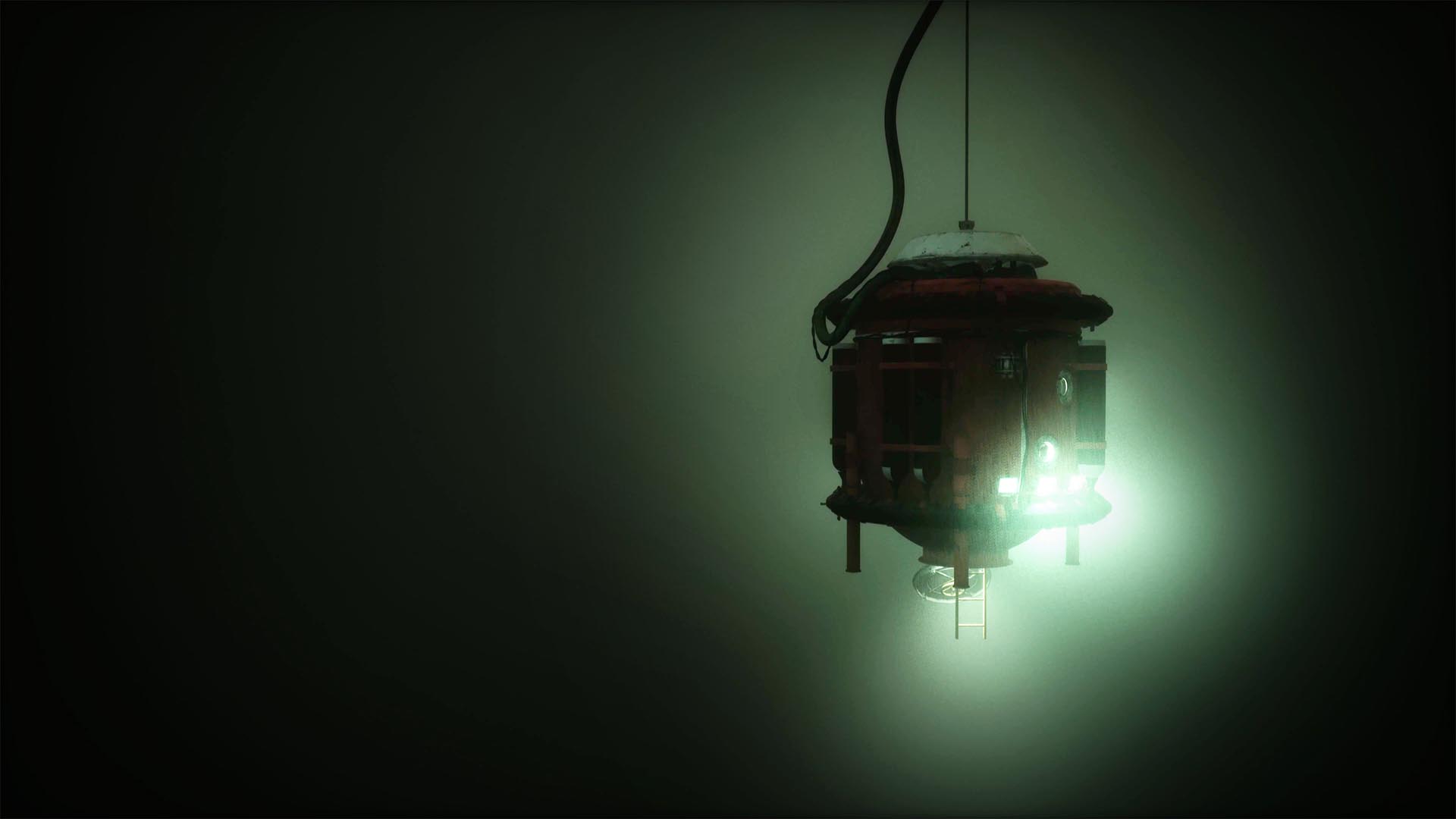

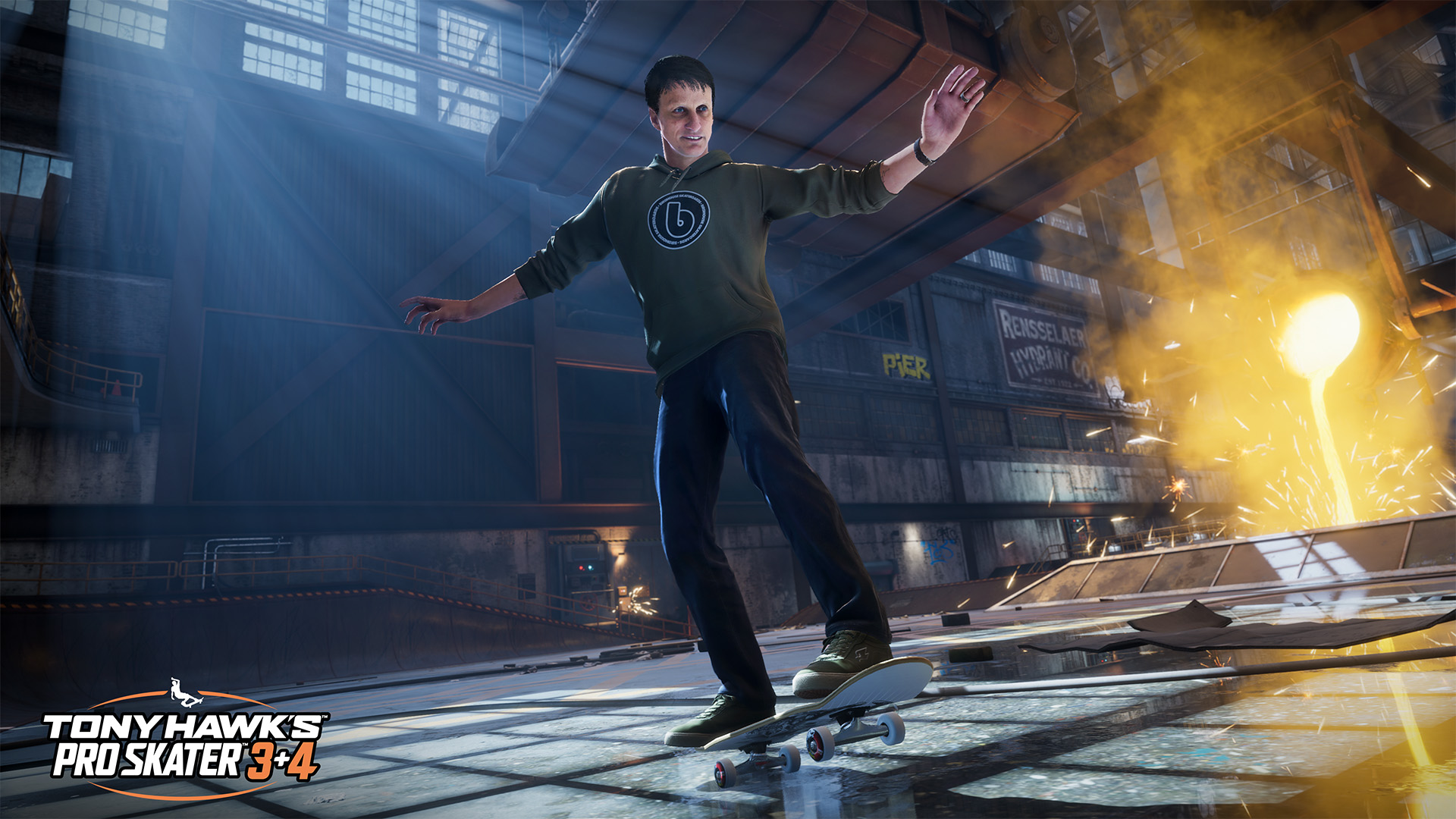




















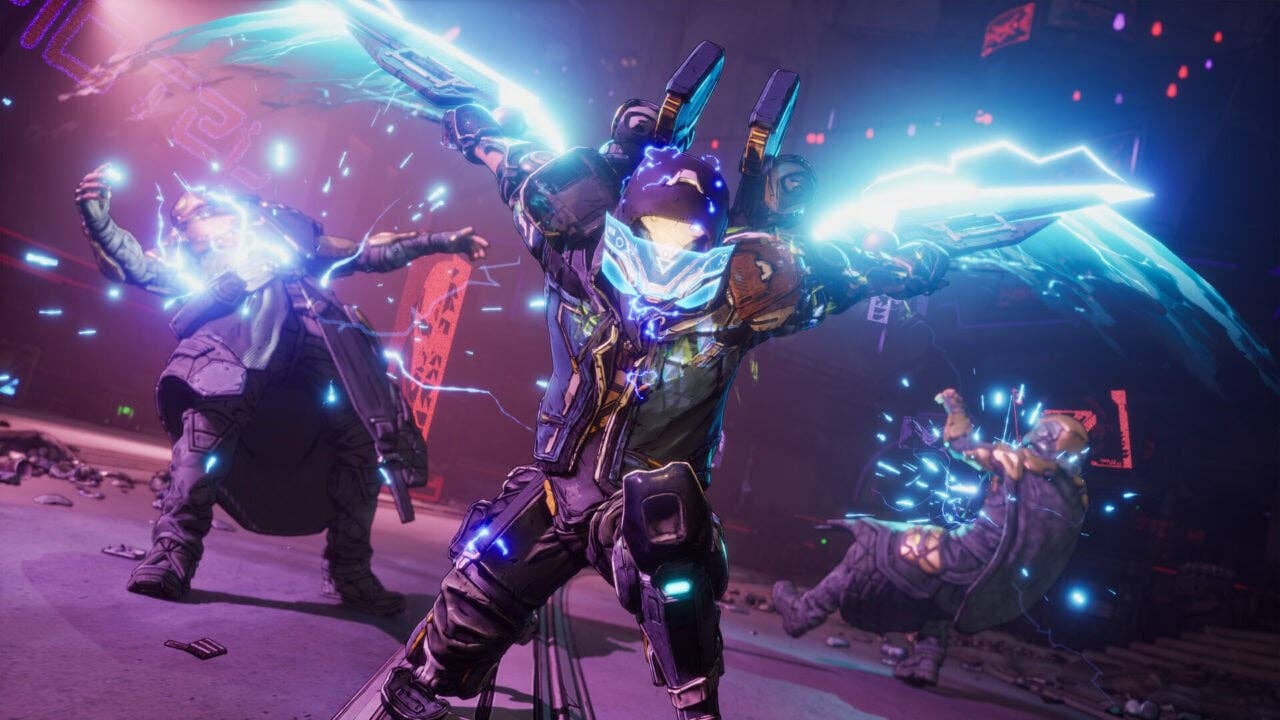
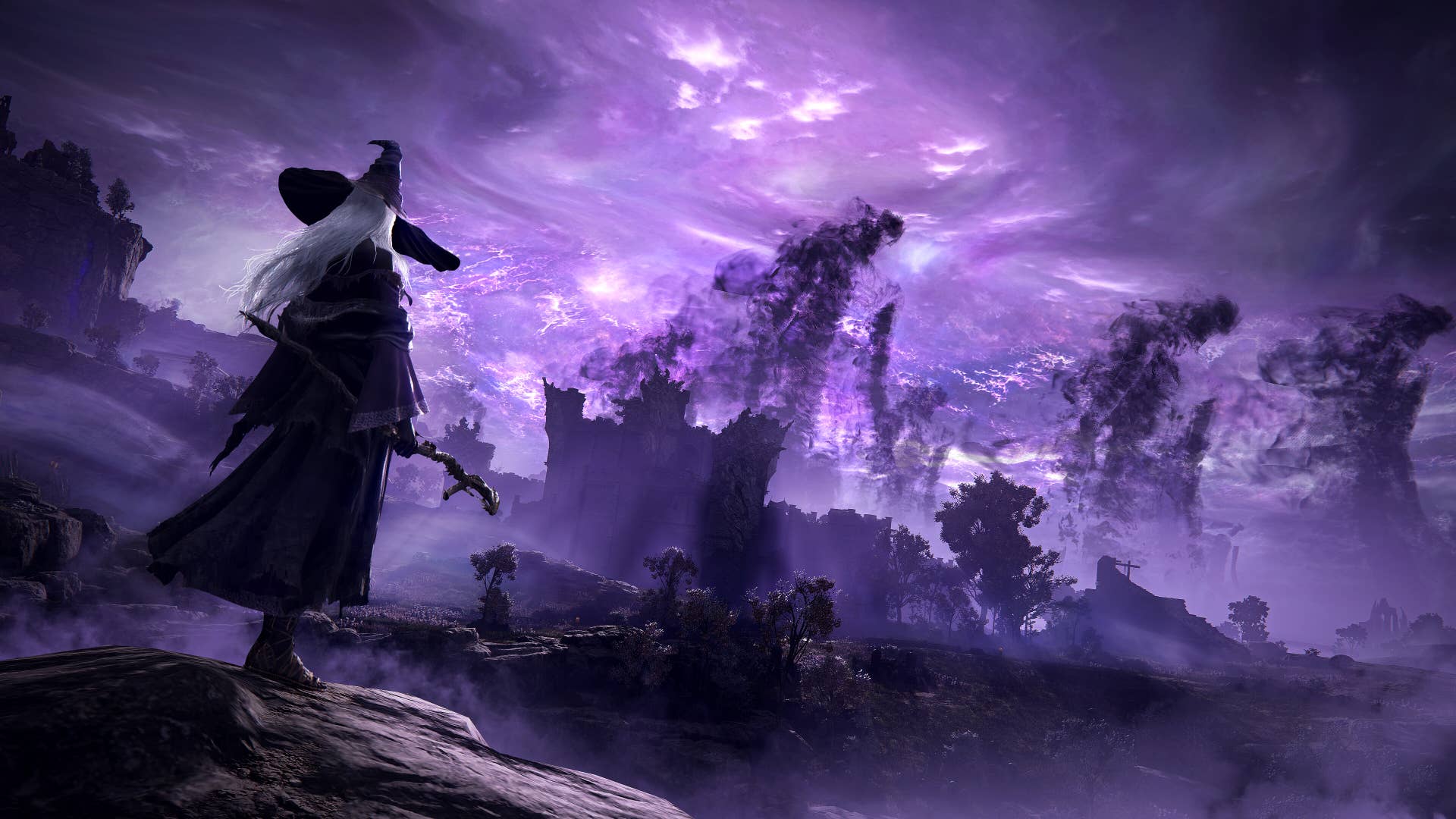

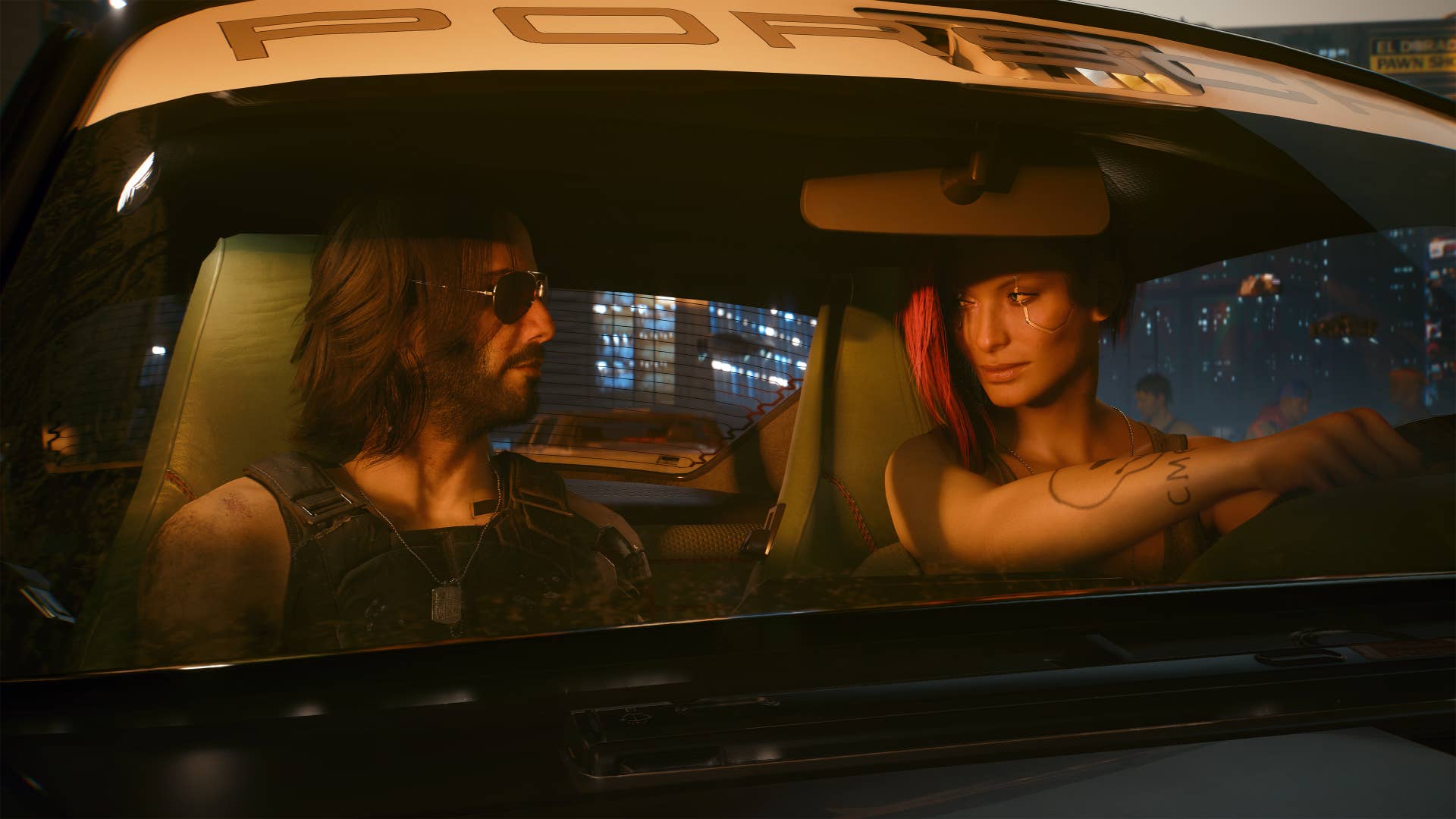


























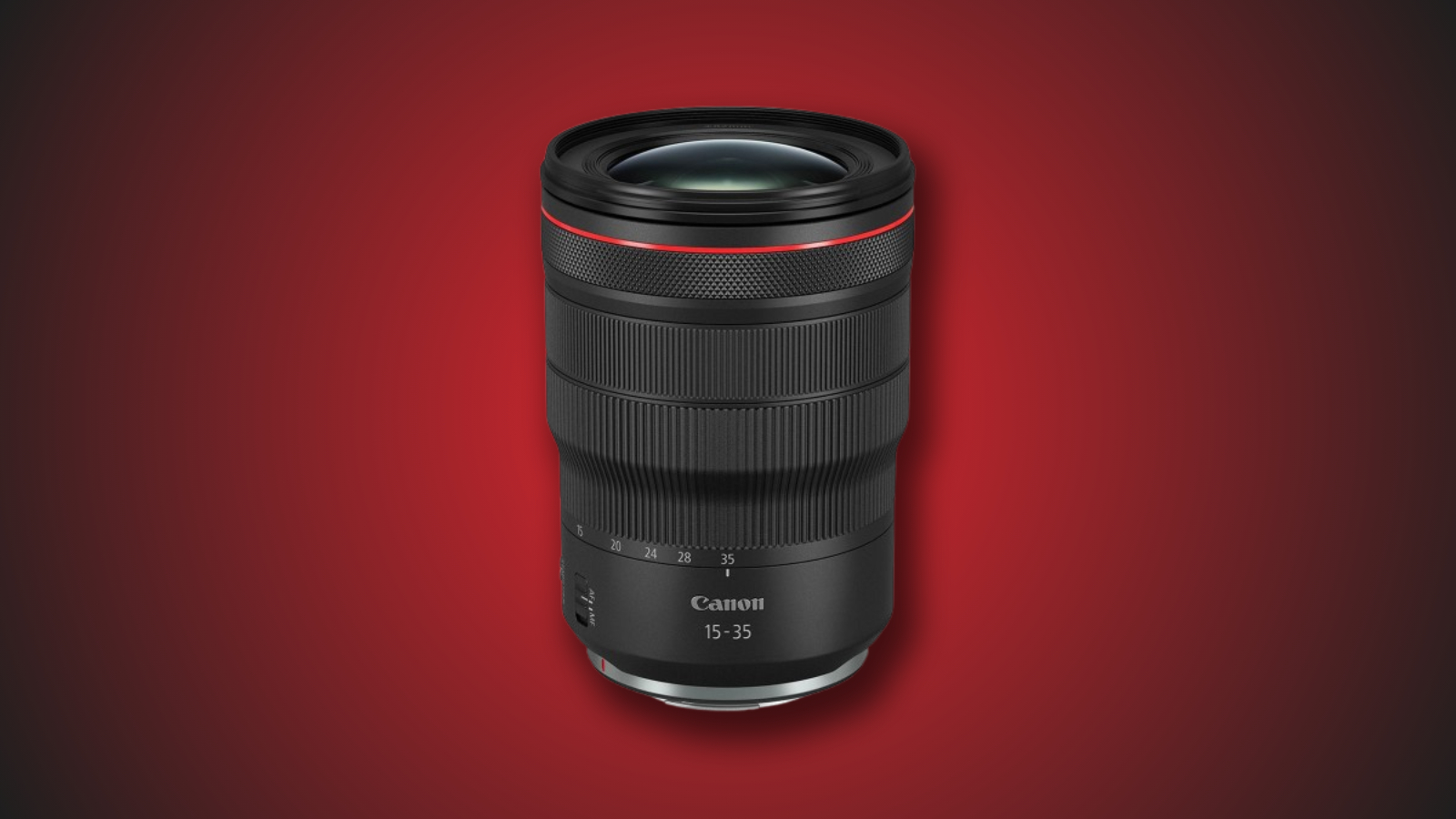




























































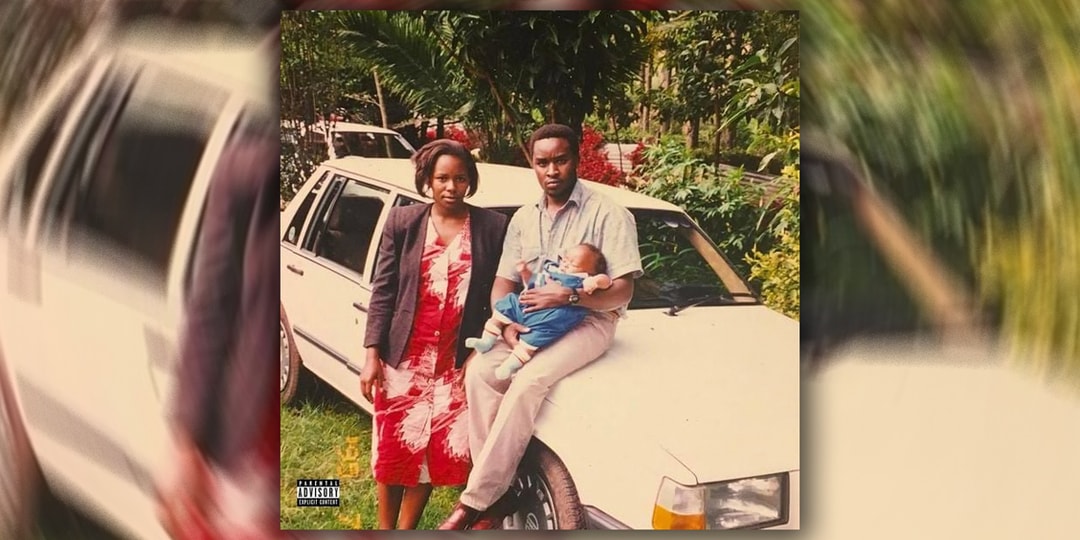


![[Podcast] Problem Framing: Rewire How You Think, Create, and Lead with Rory Sutherland](https://justcreative.com/wp-content/uploads/2025/06/rort-sutherland-35.png)













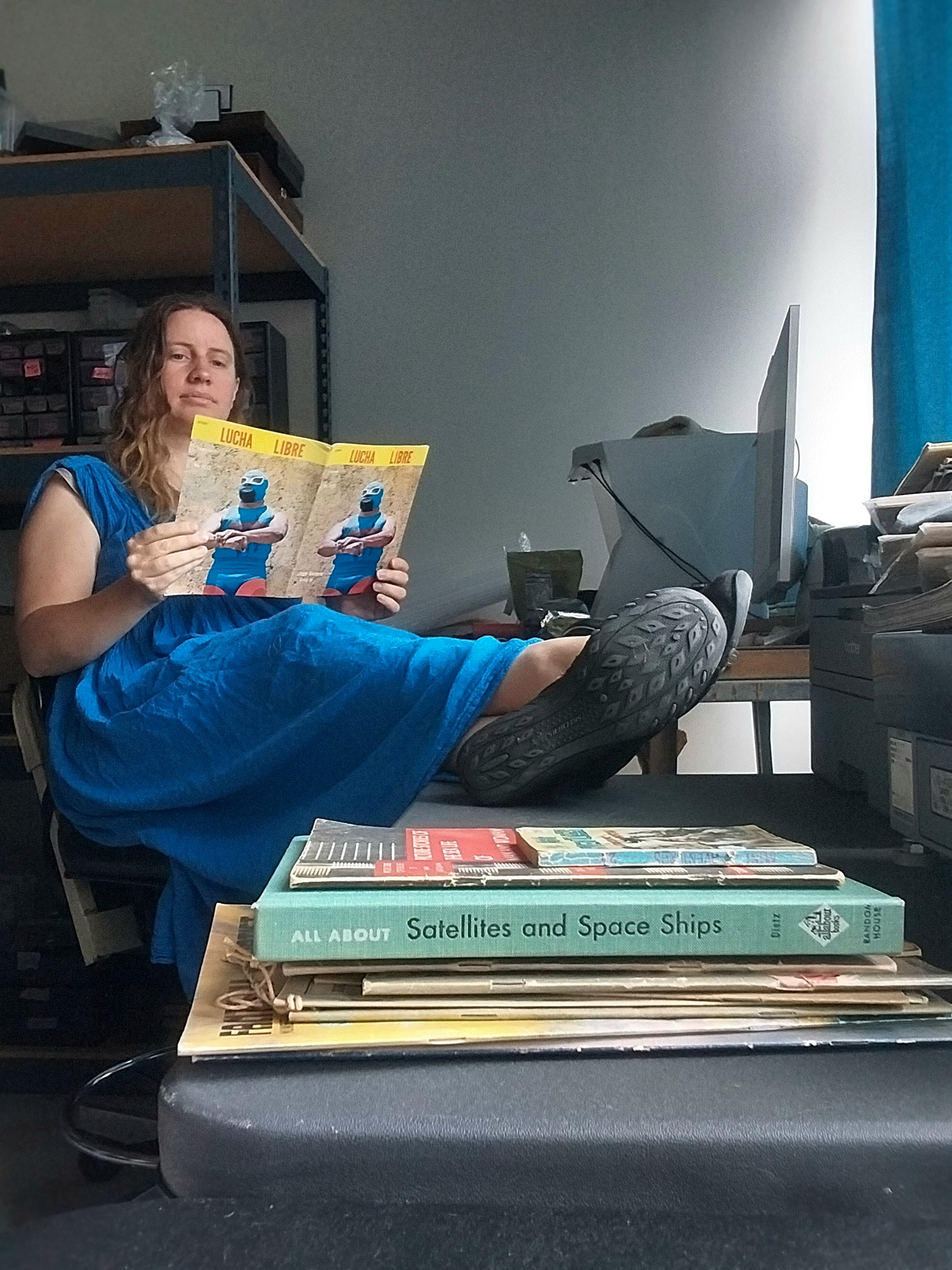































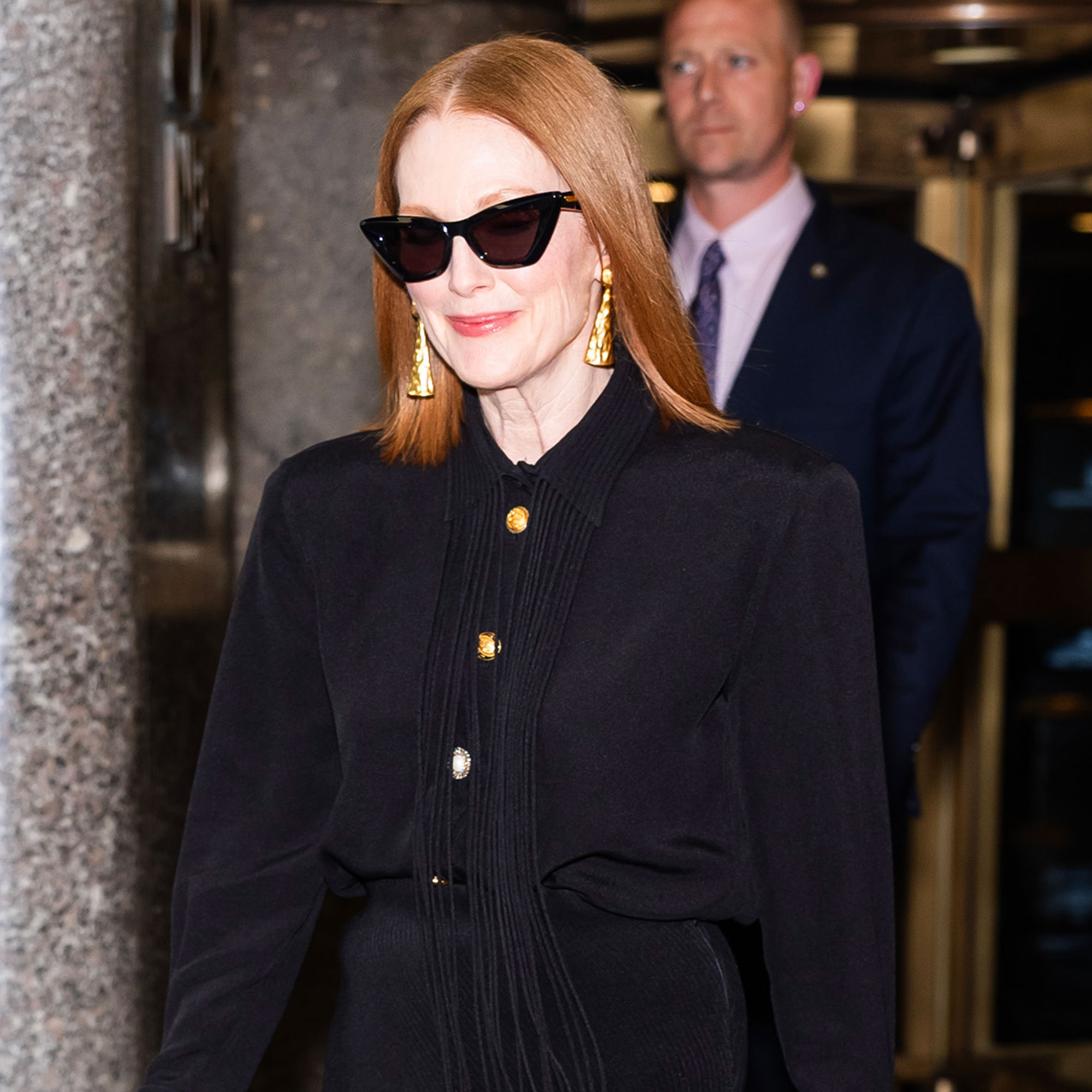












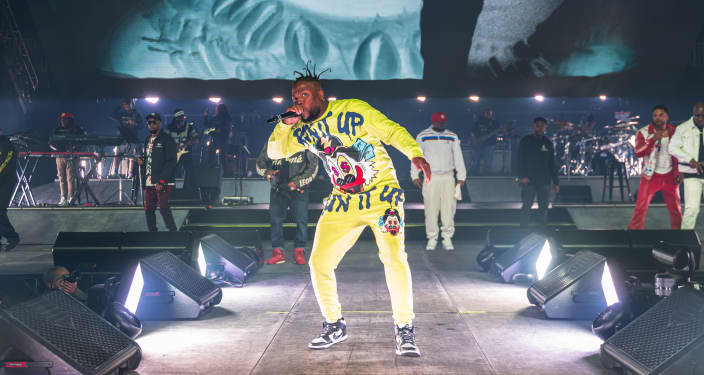





































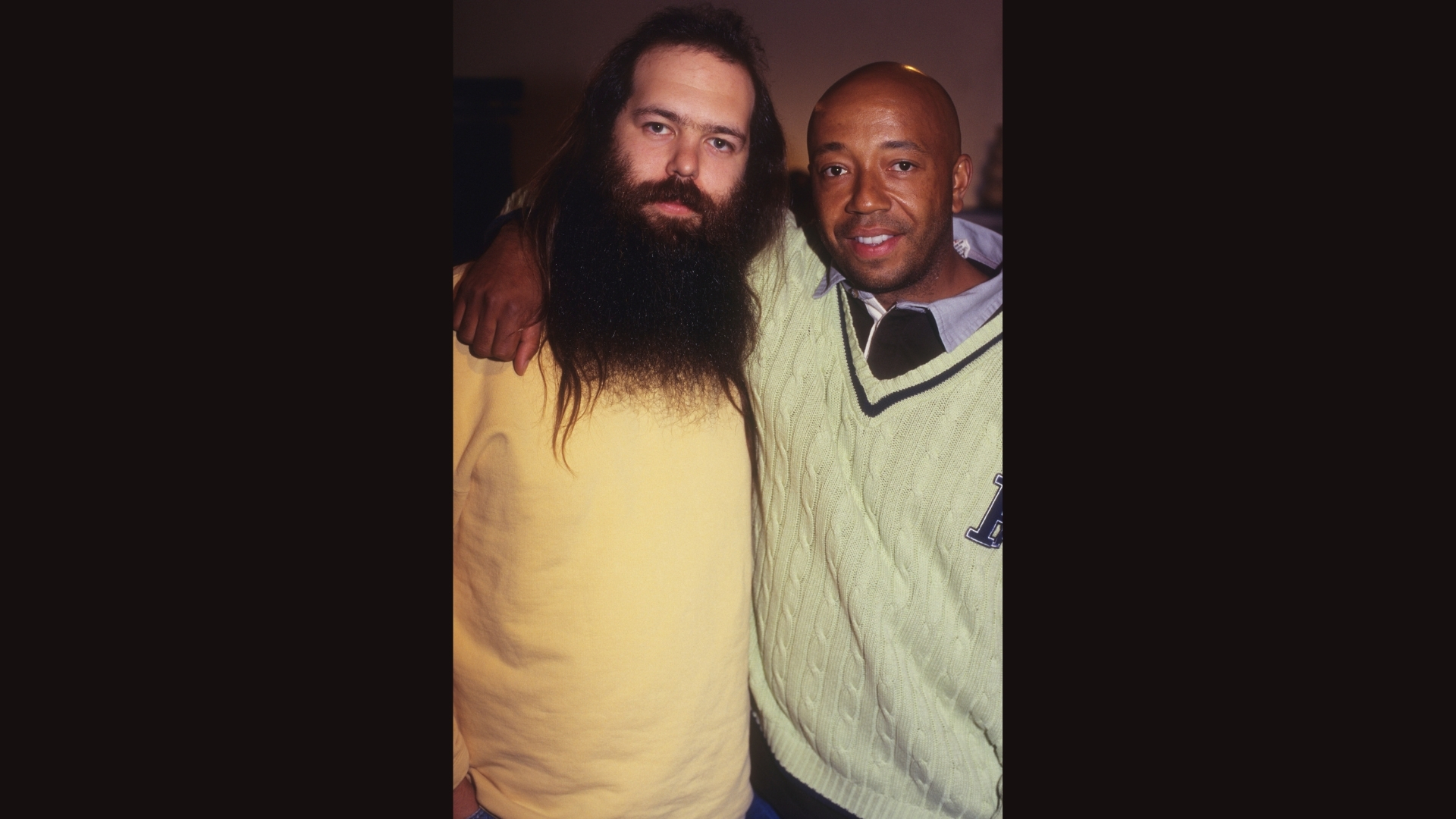

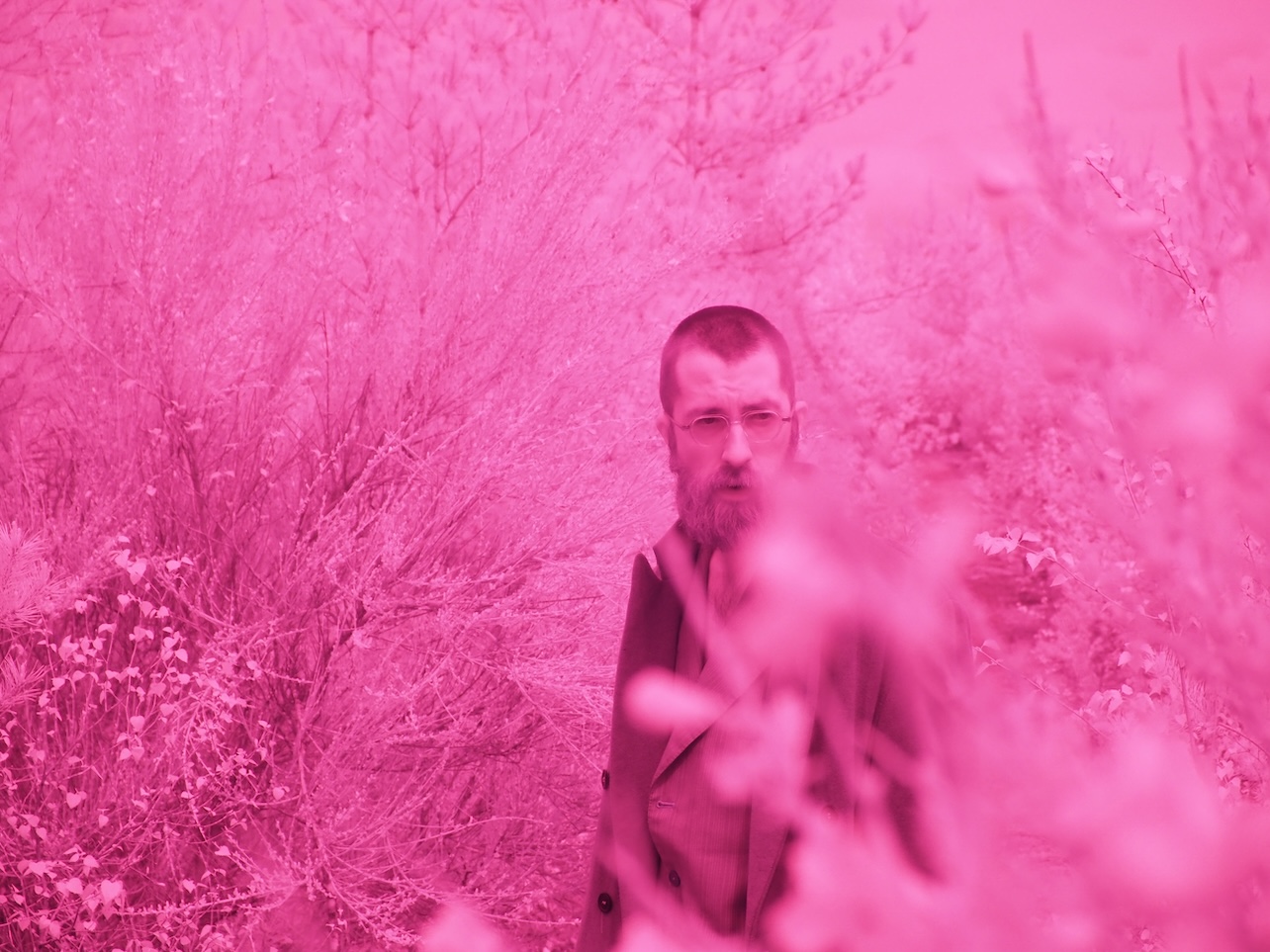
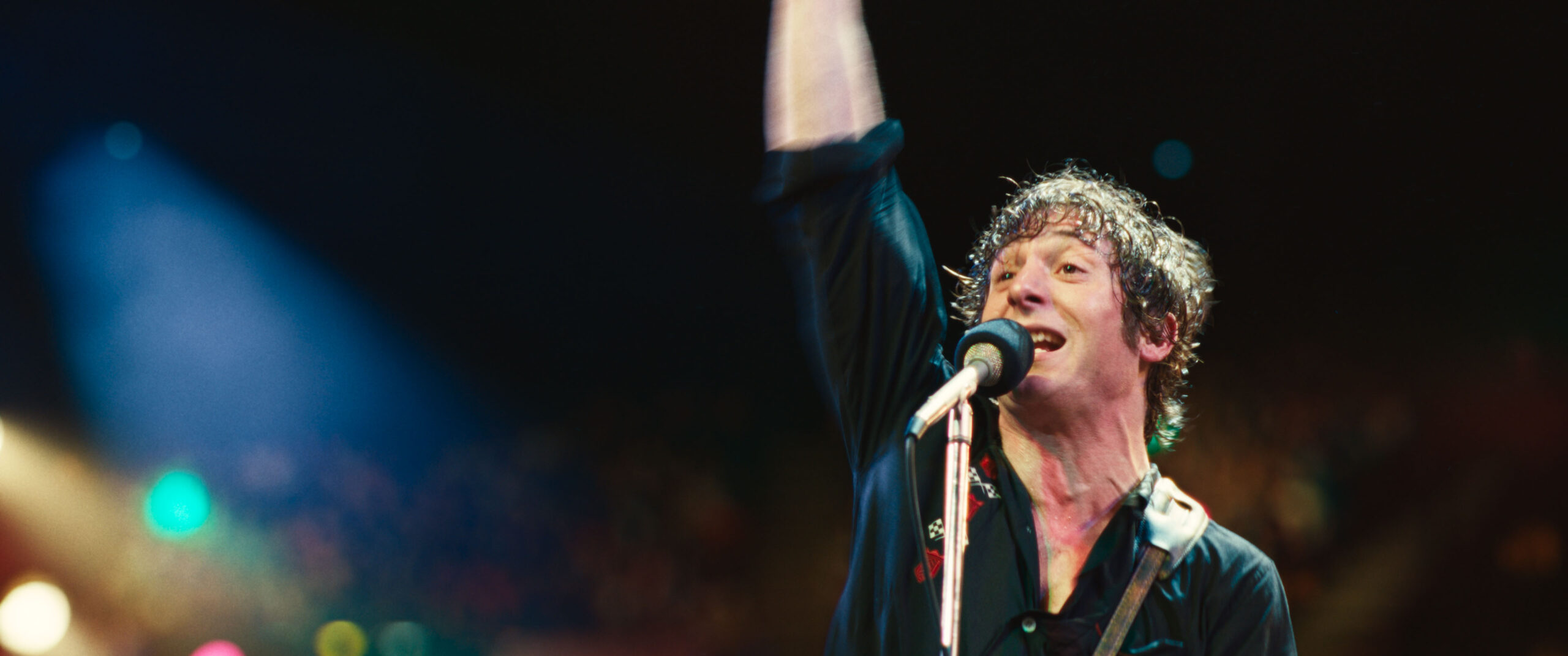
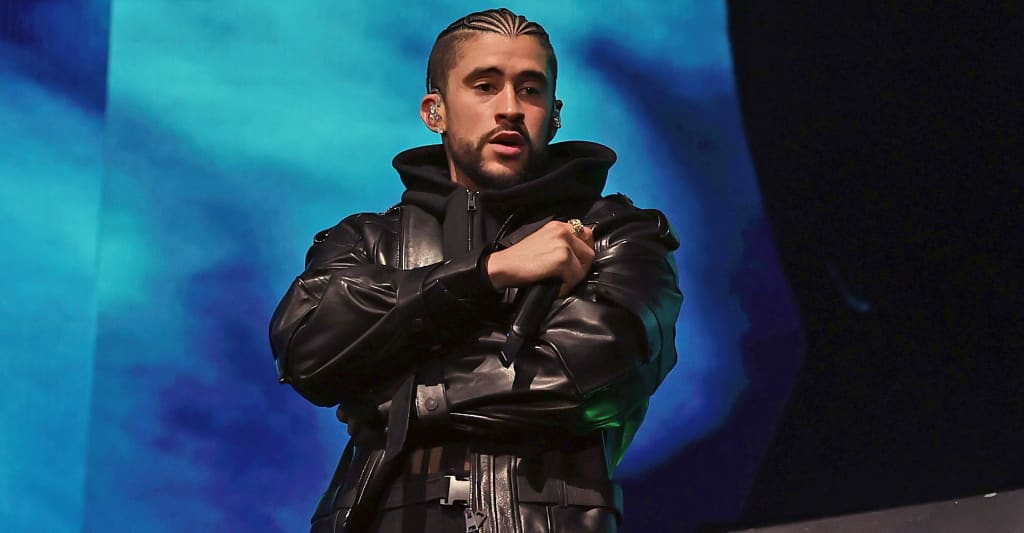
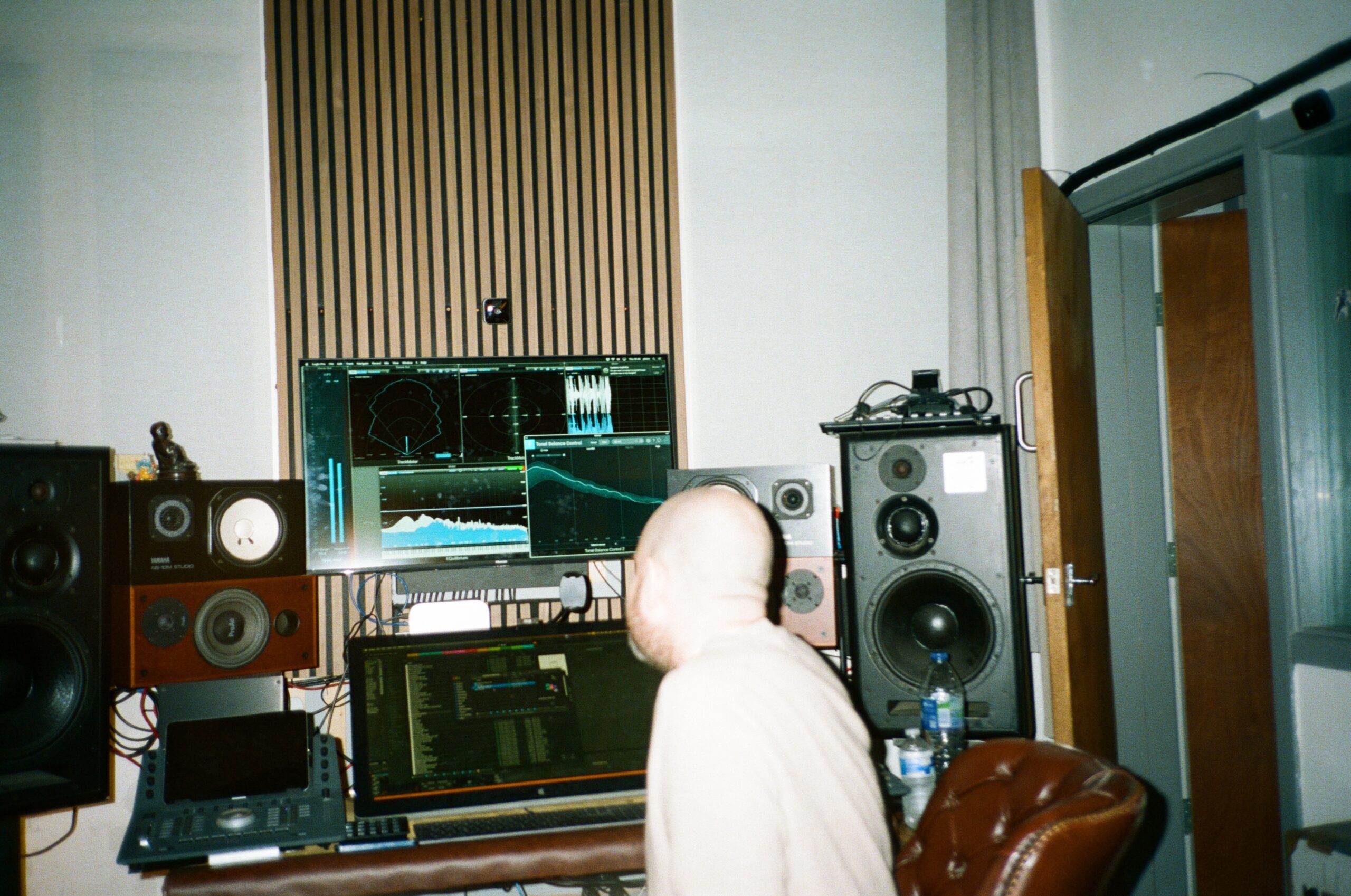
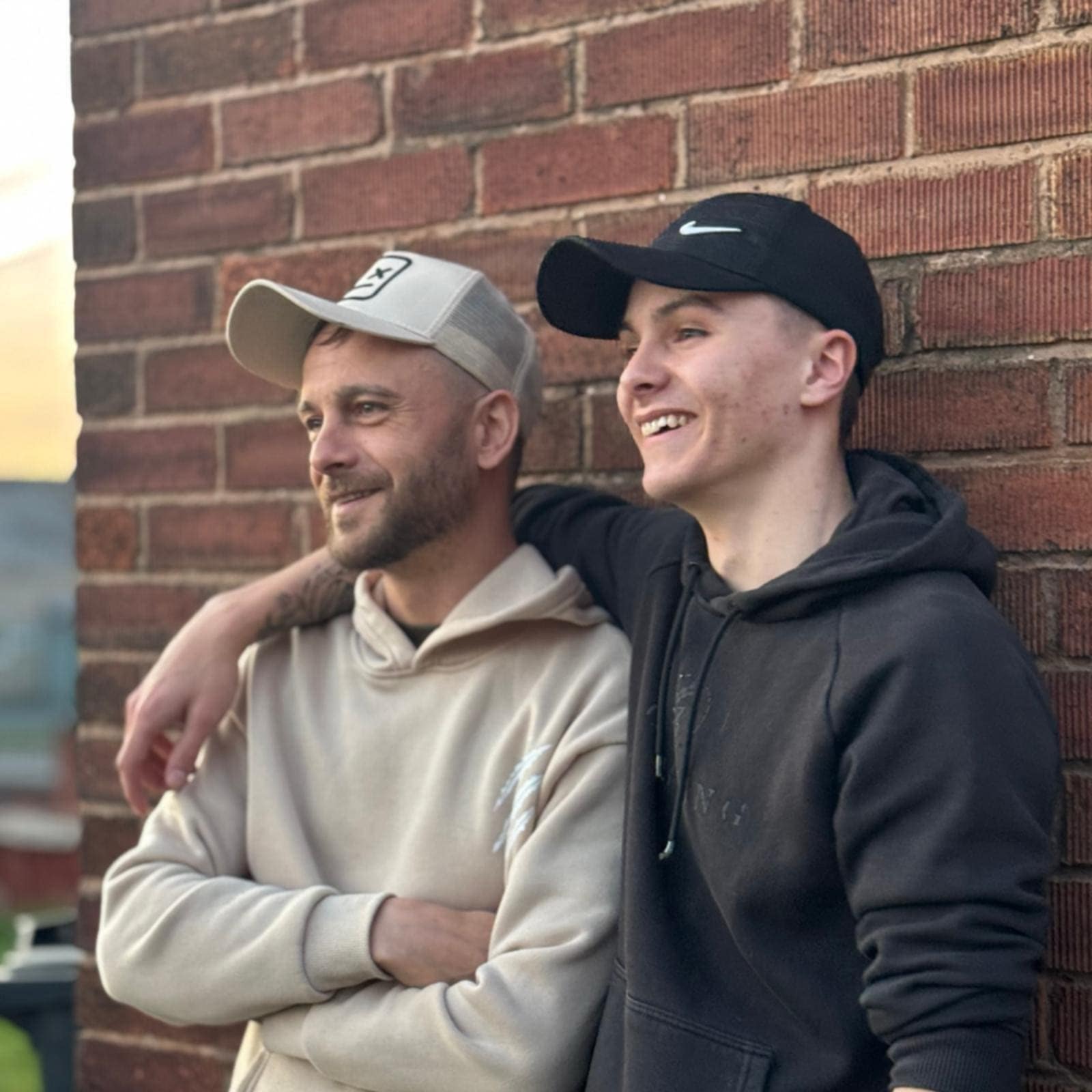
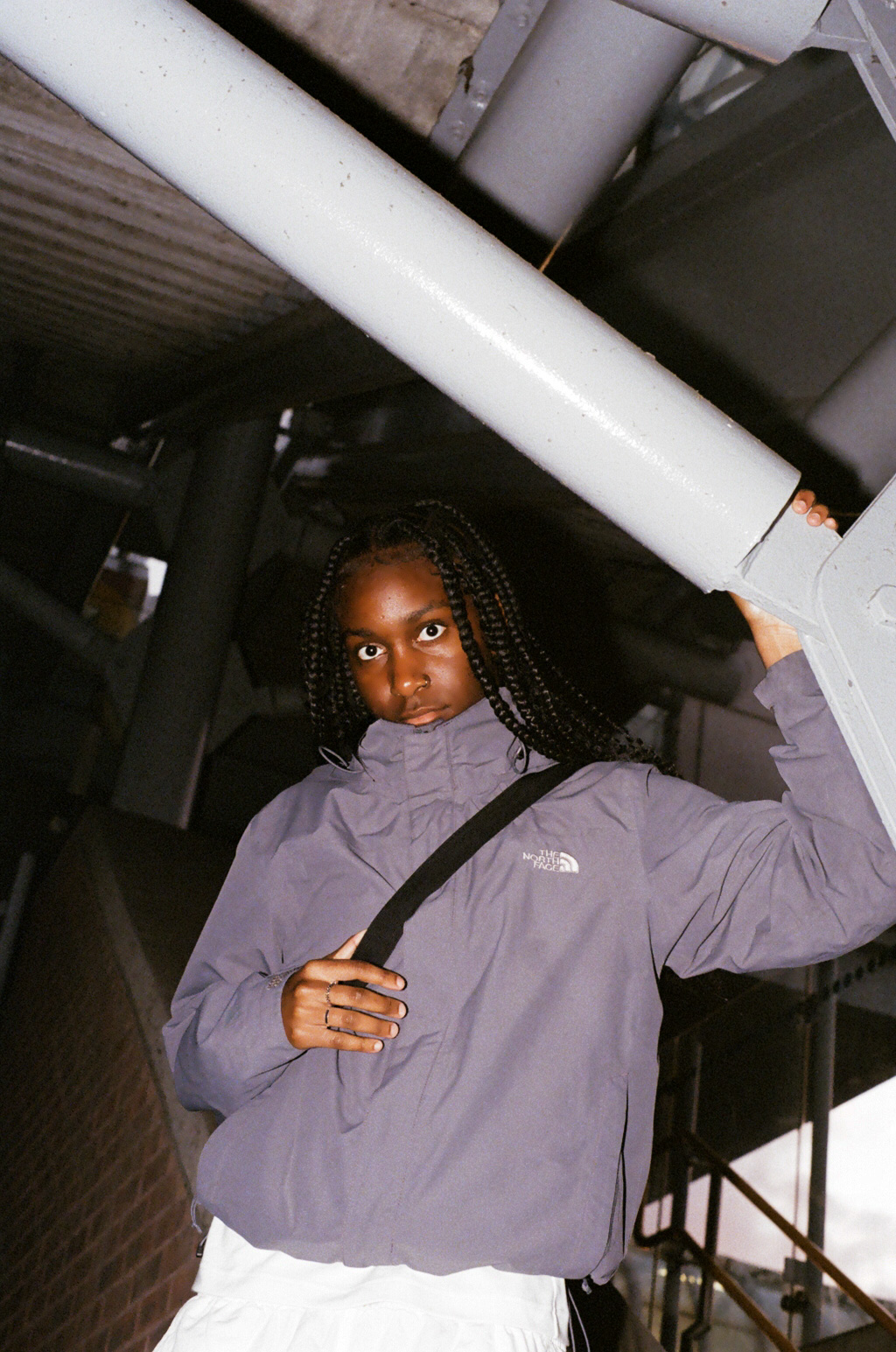





![Check Into Shudder’s ‘Hell Motel’ from the Creators of ‘Slasher’ [Trailer]](https://i0.wp.com/bloody-disgusting.com/wp-content/uploads/2025/05/hellmotel-still.jpg?fit=1280%2C720&ssl=1)
